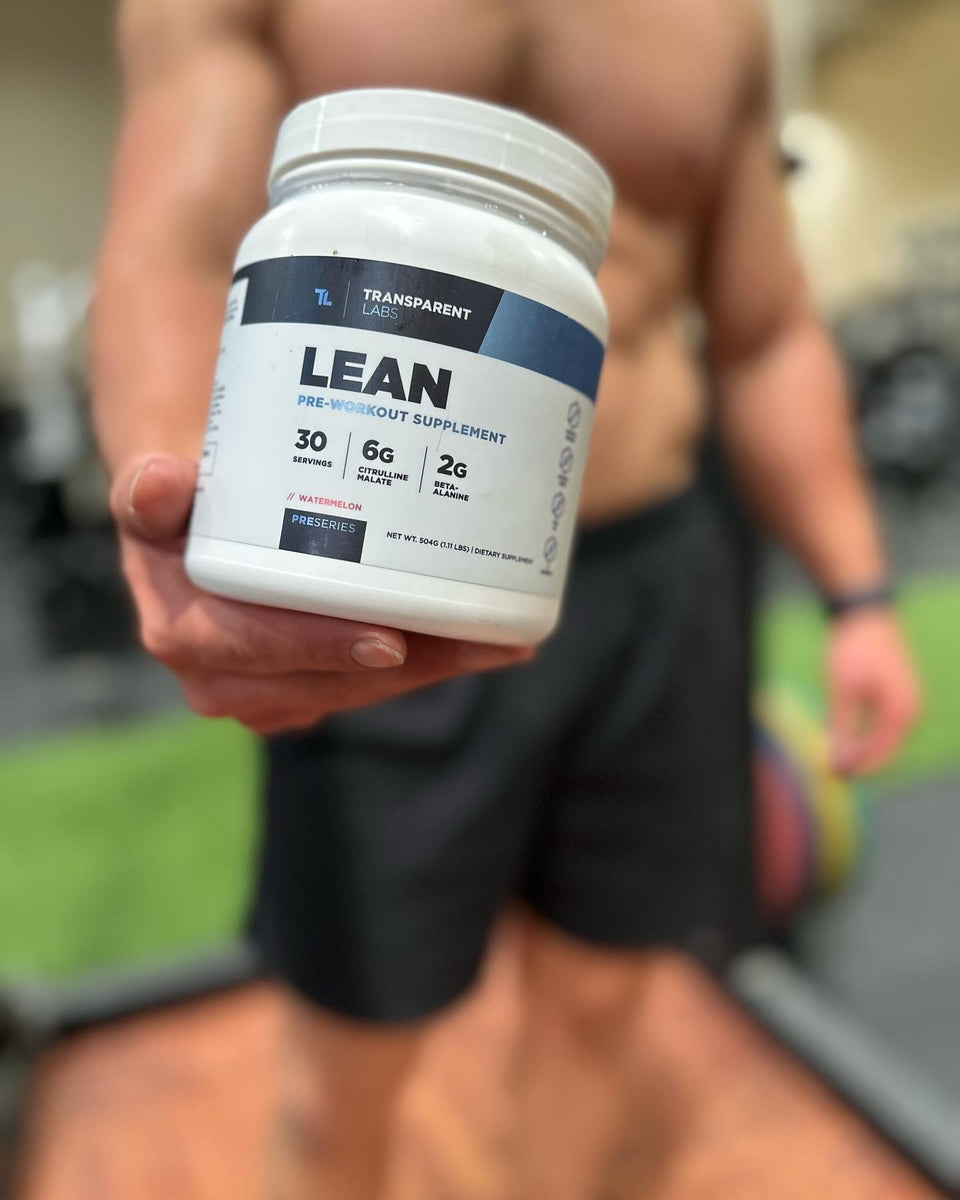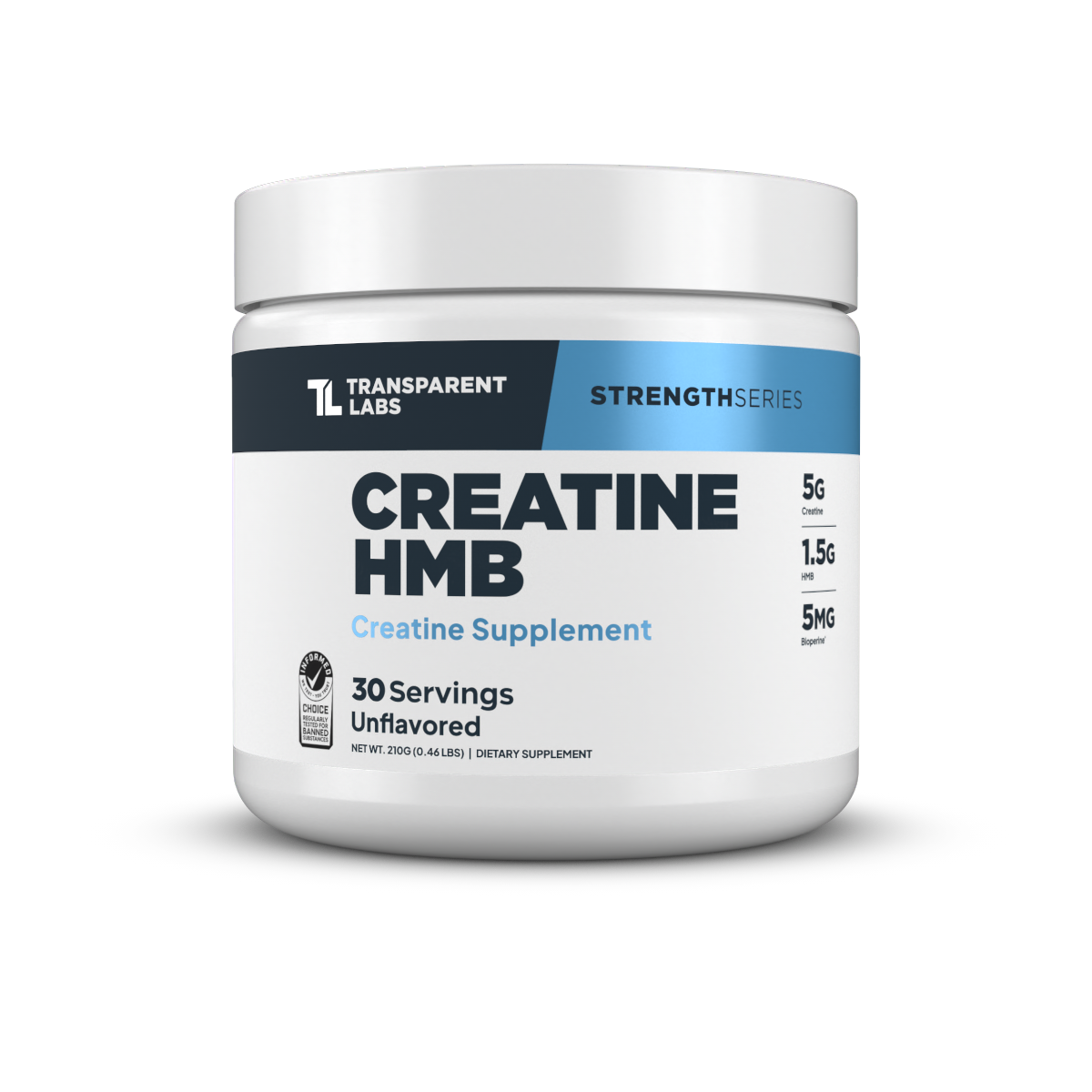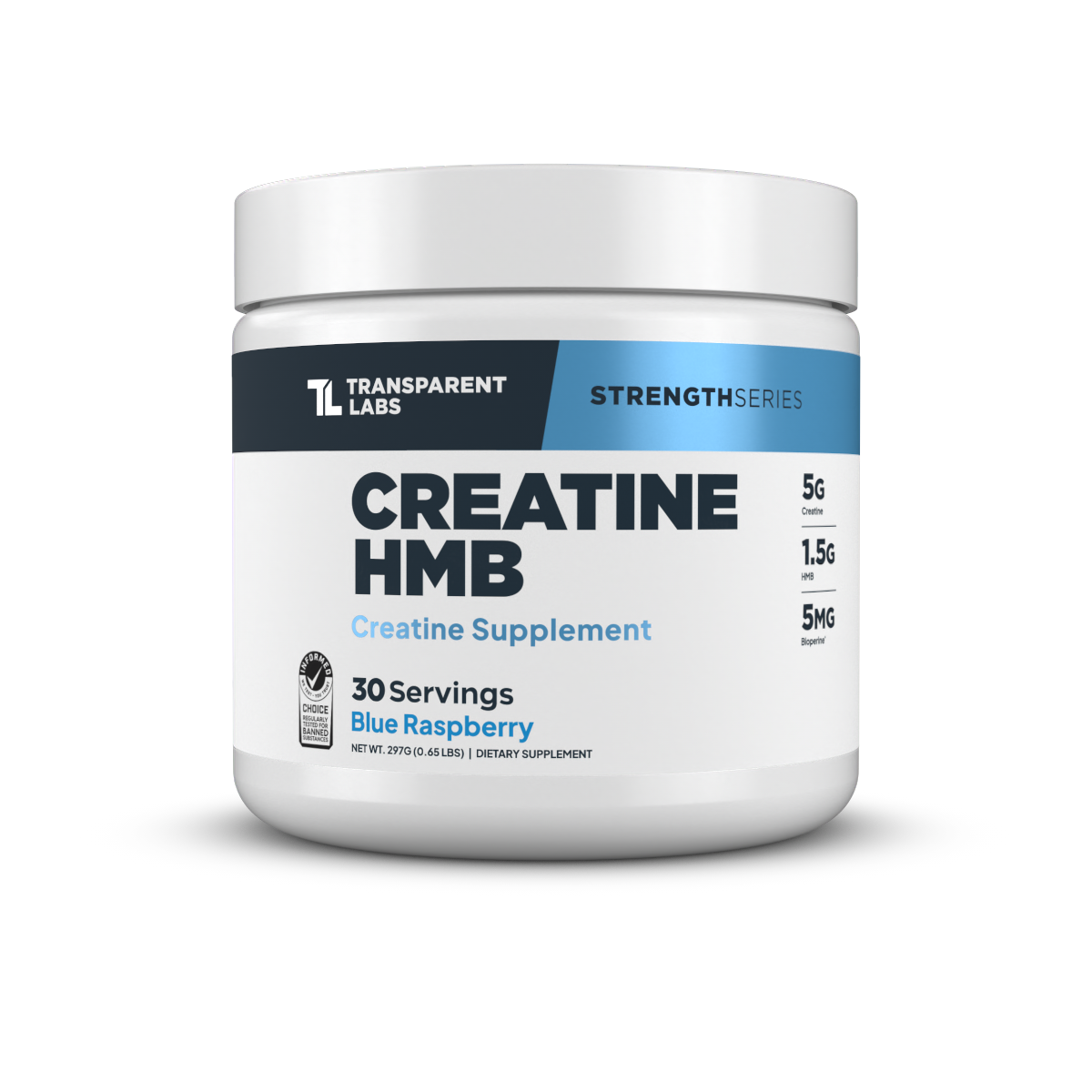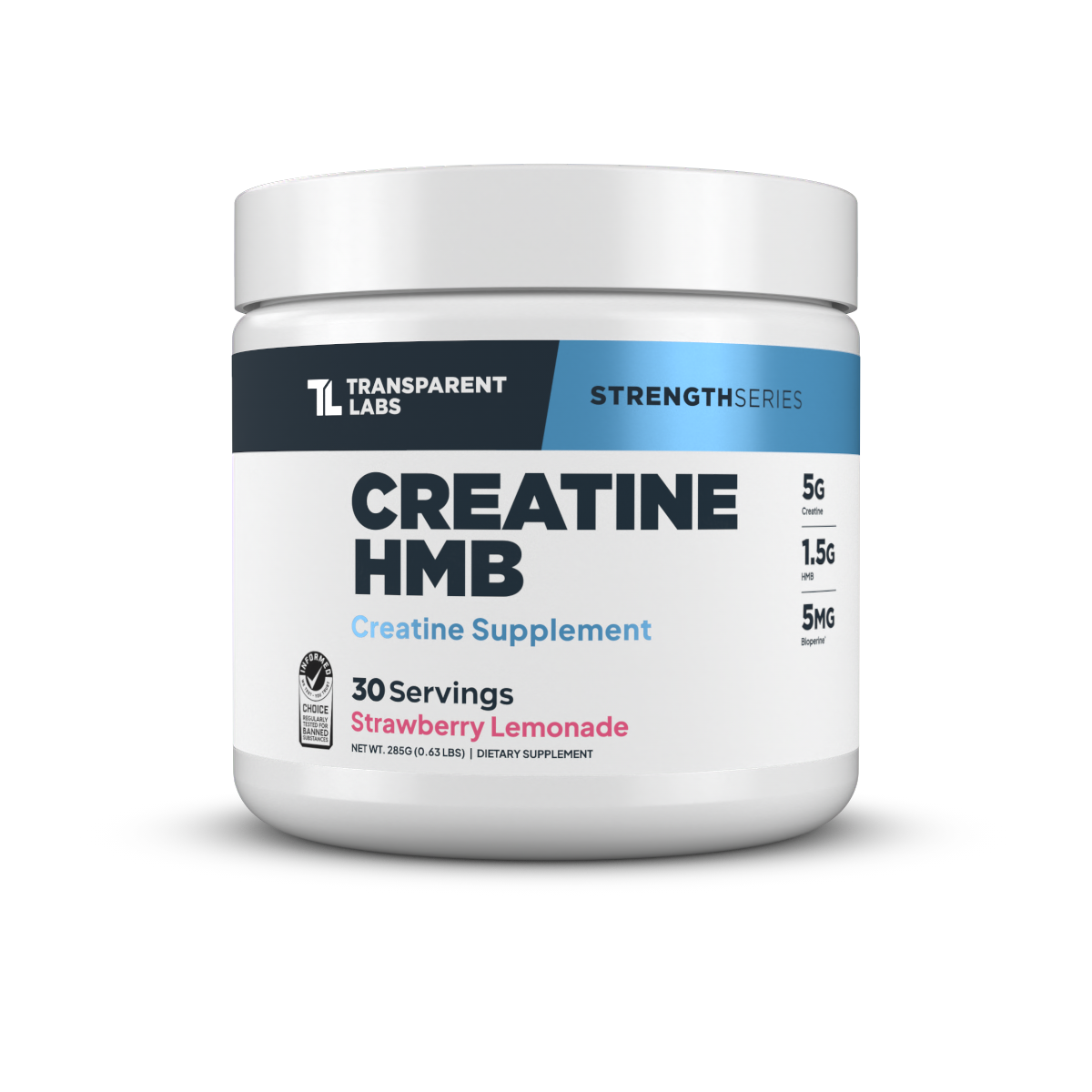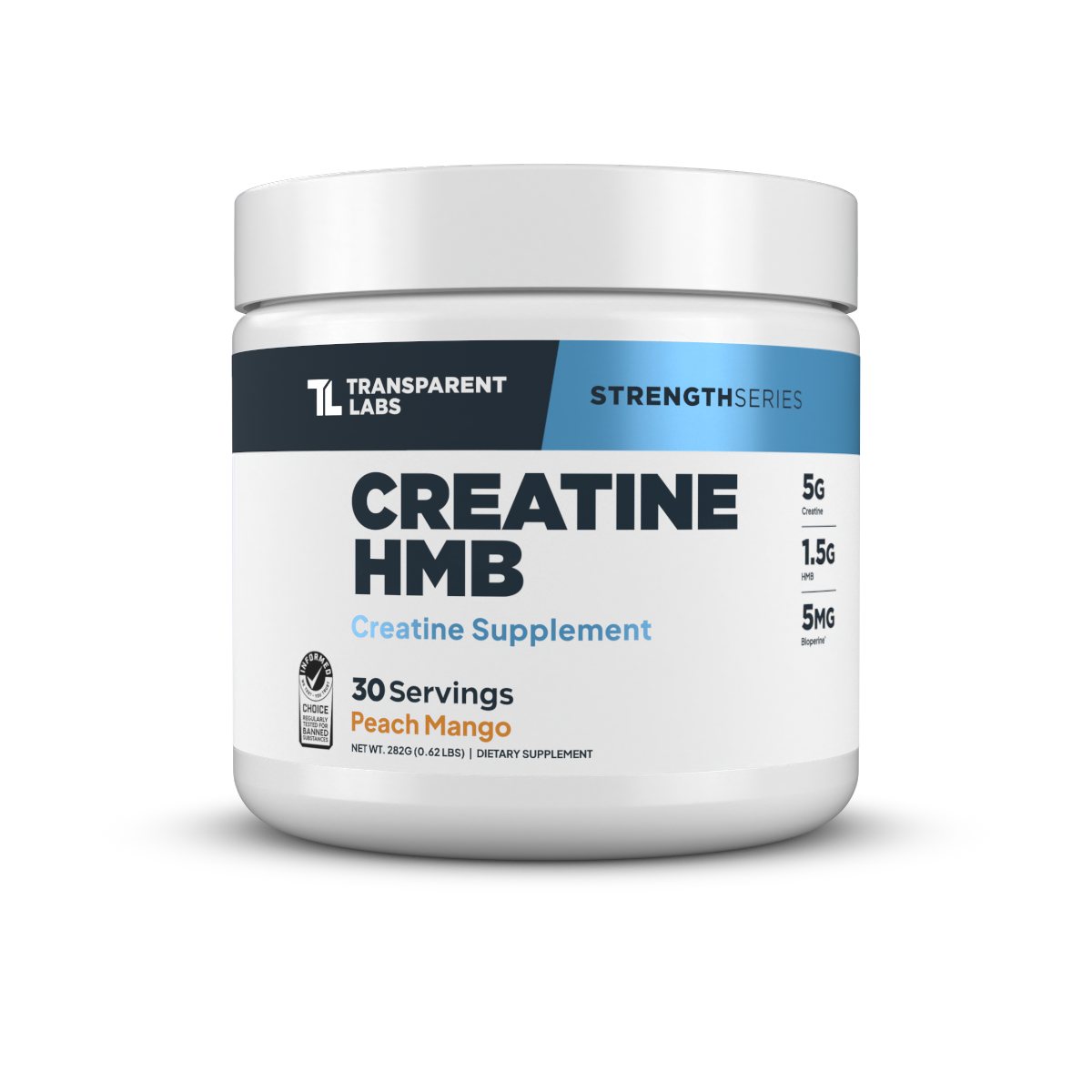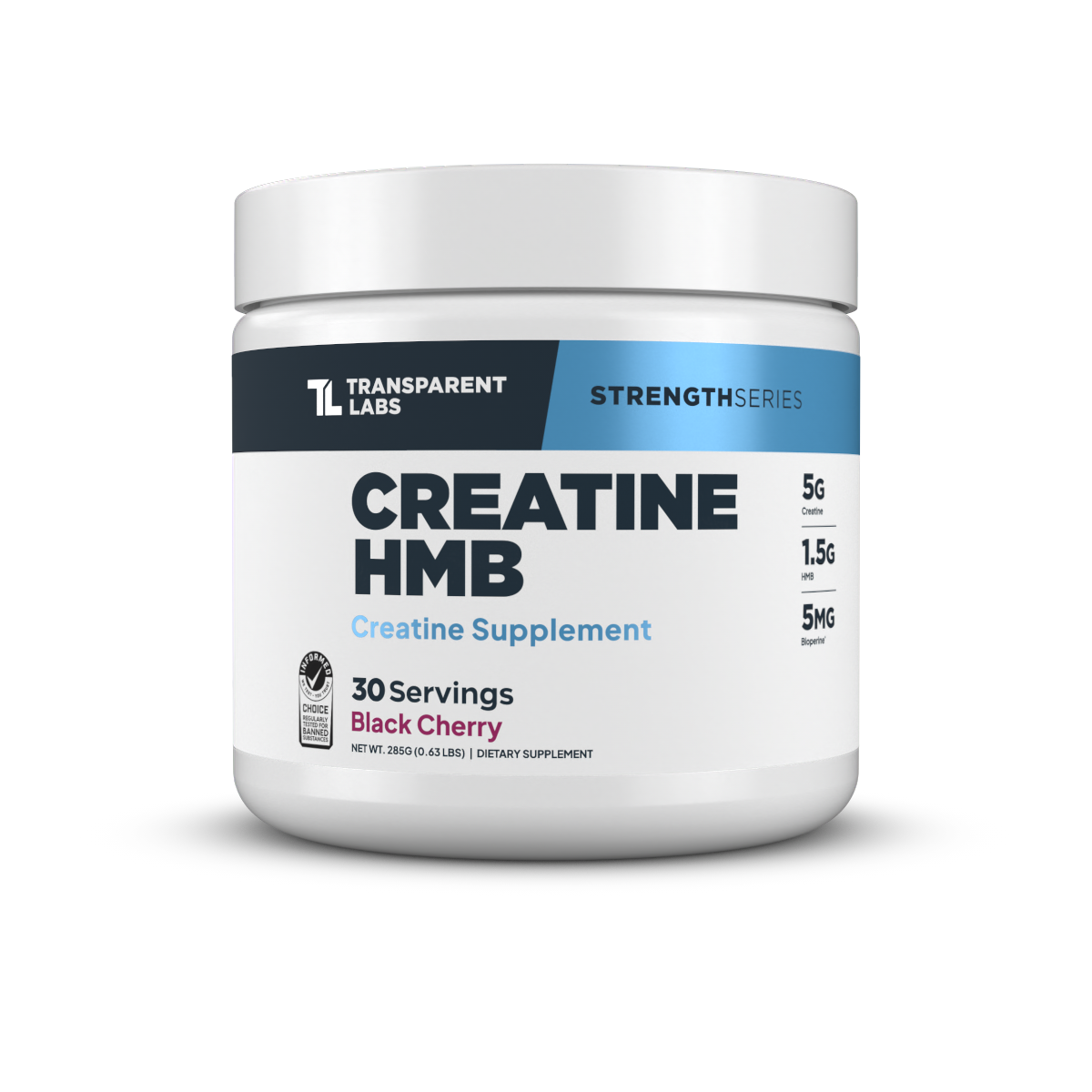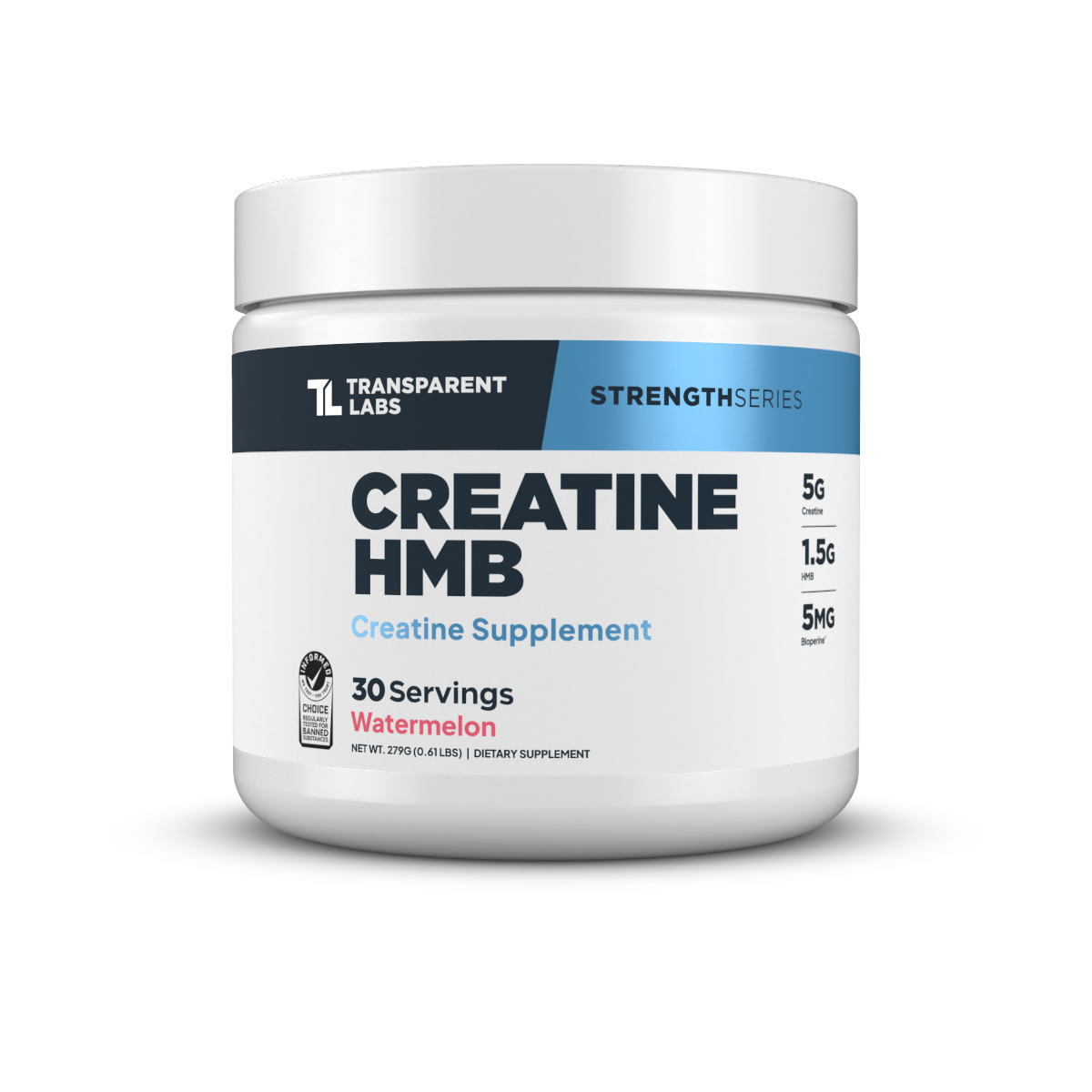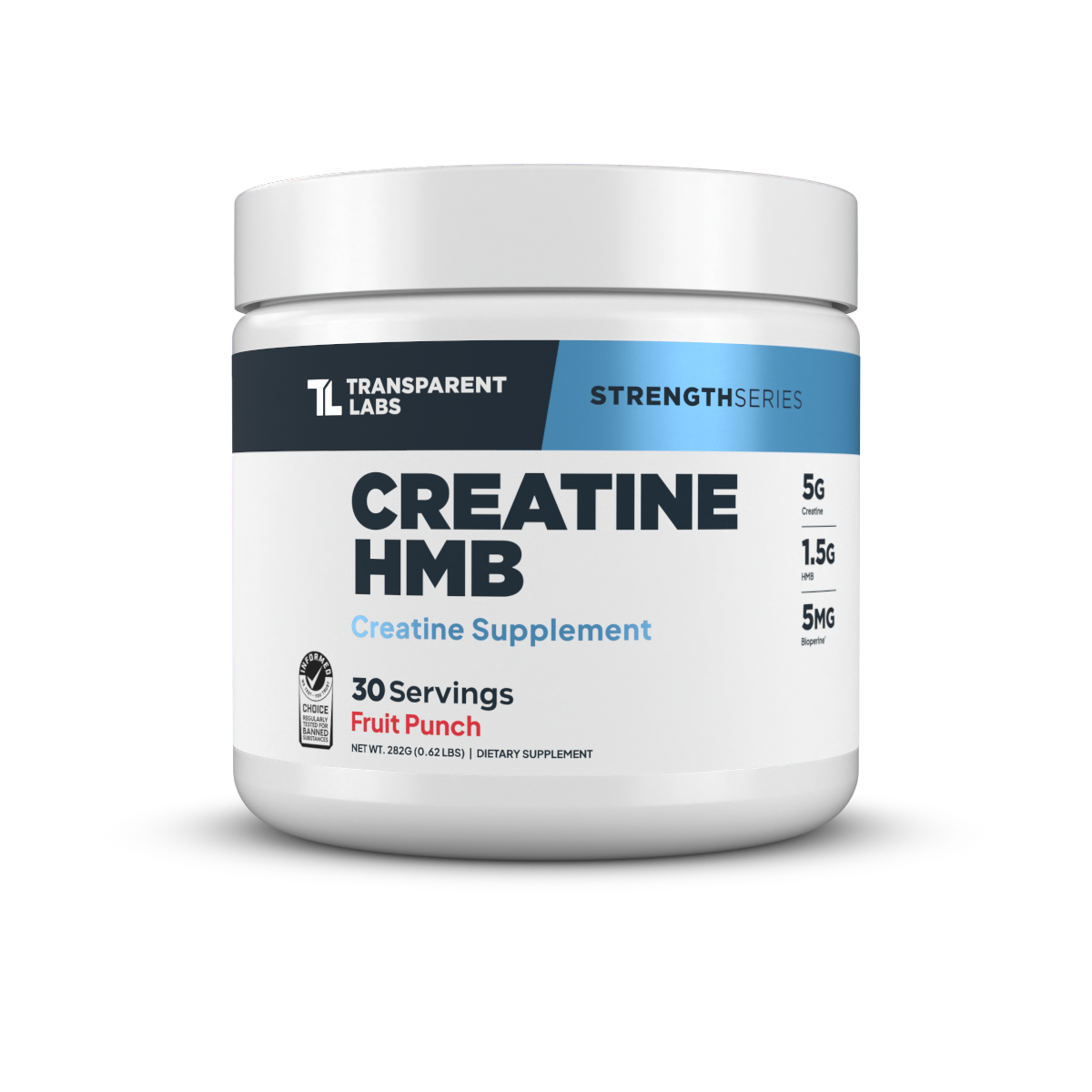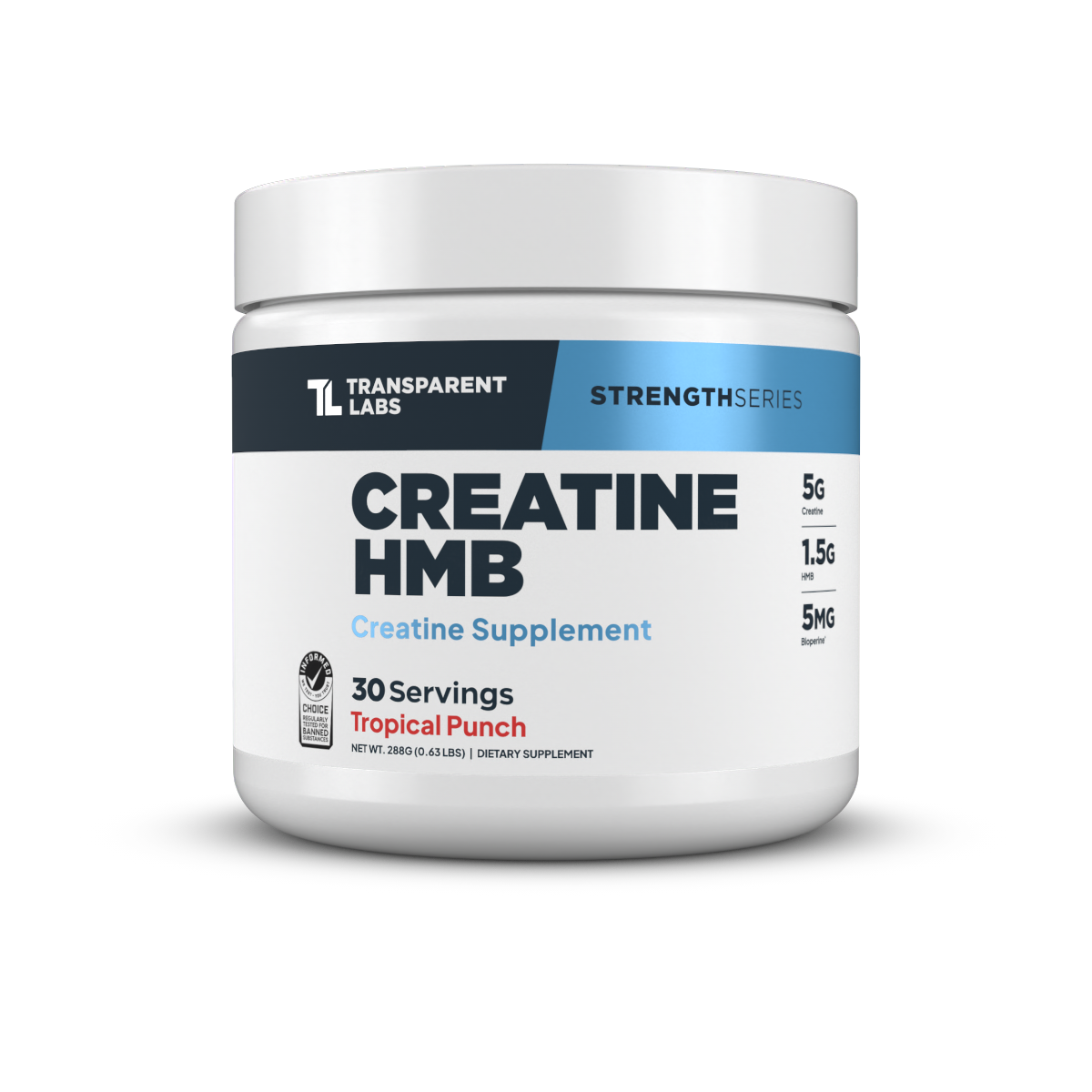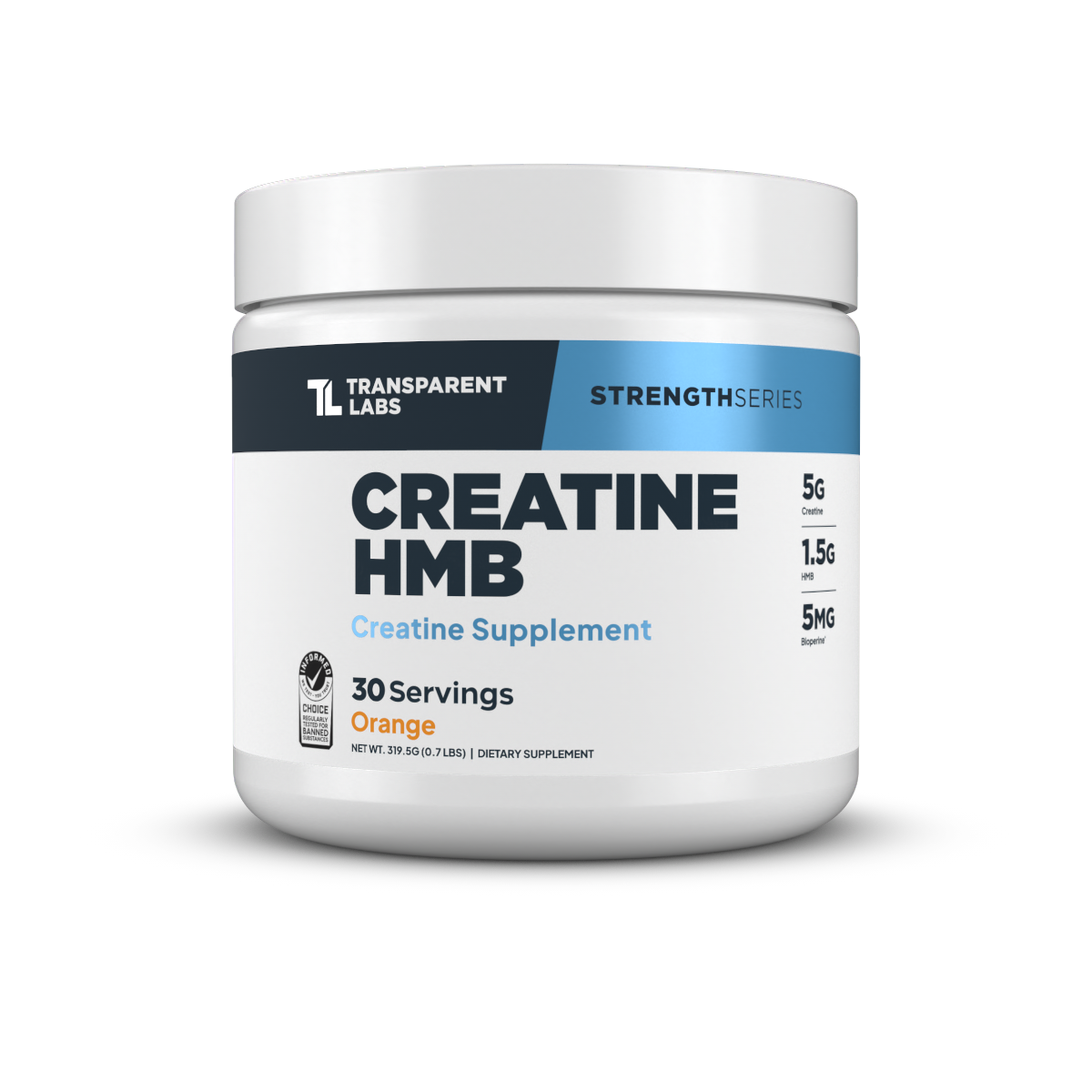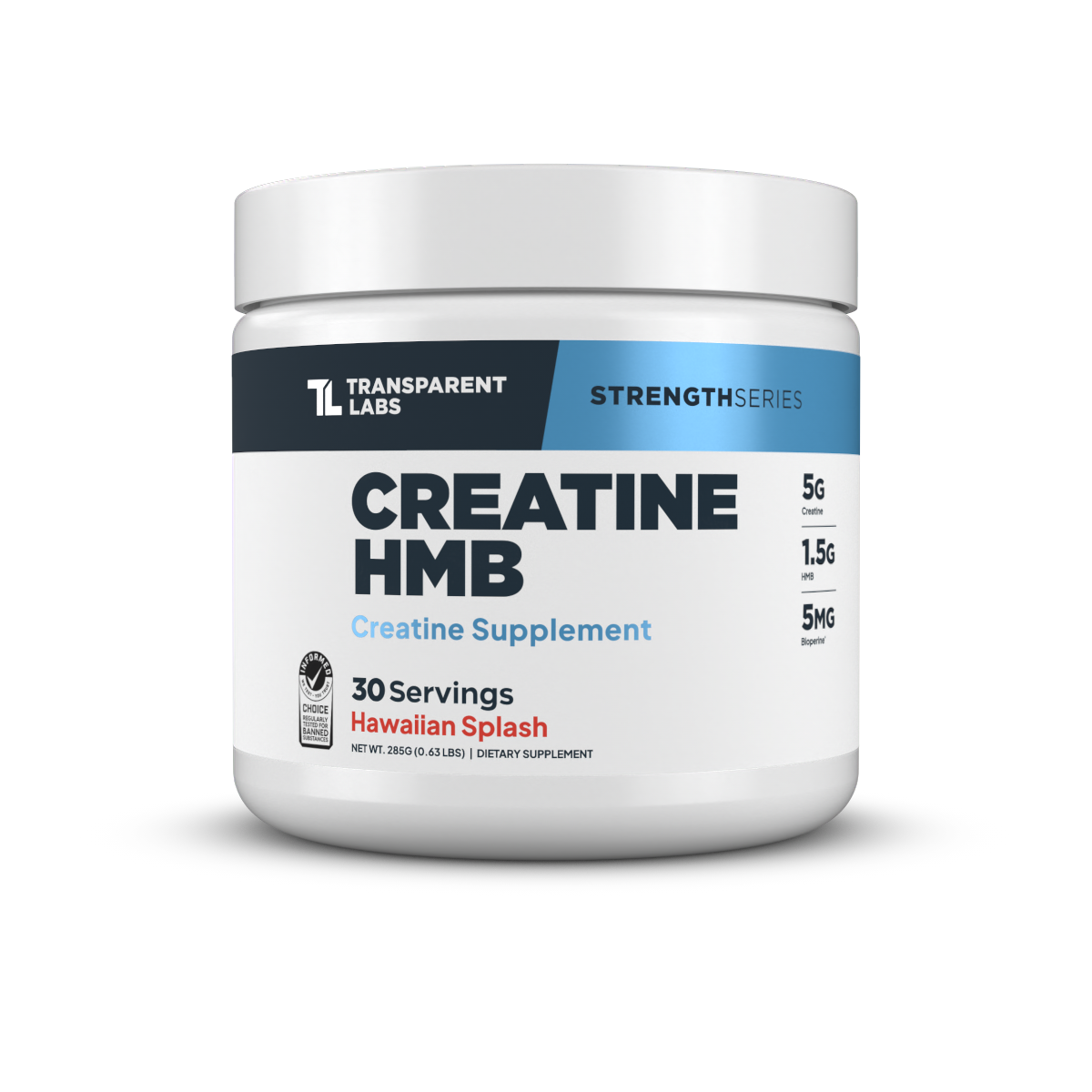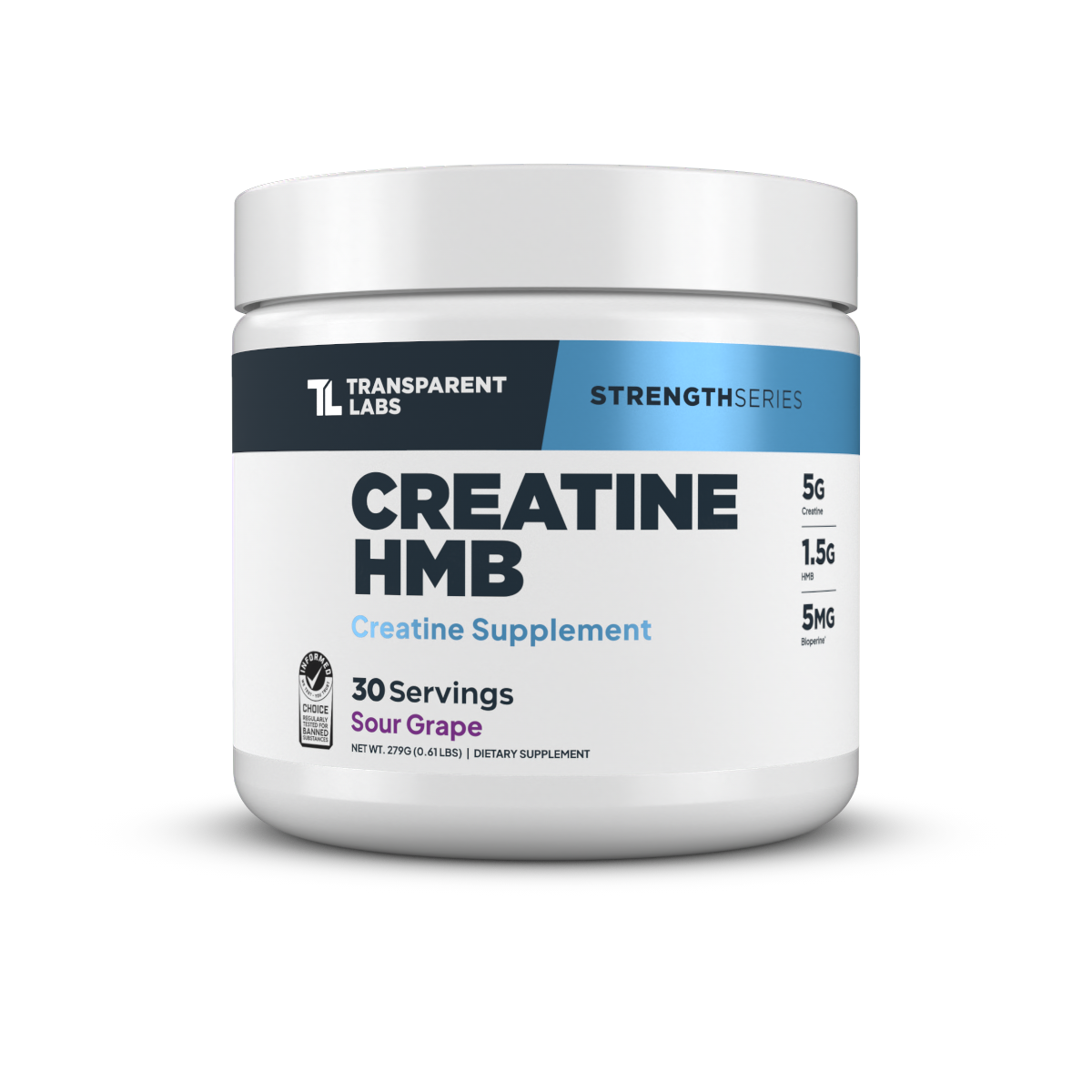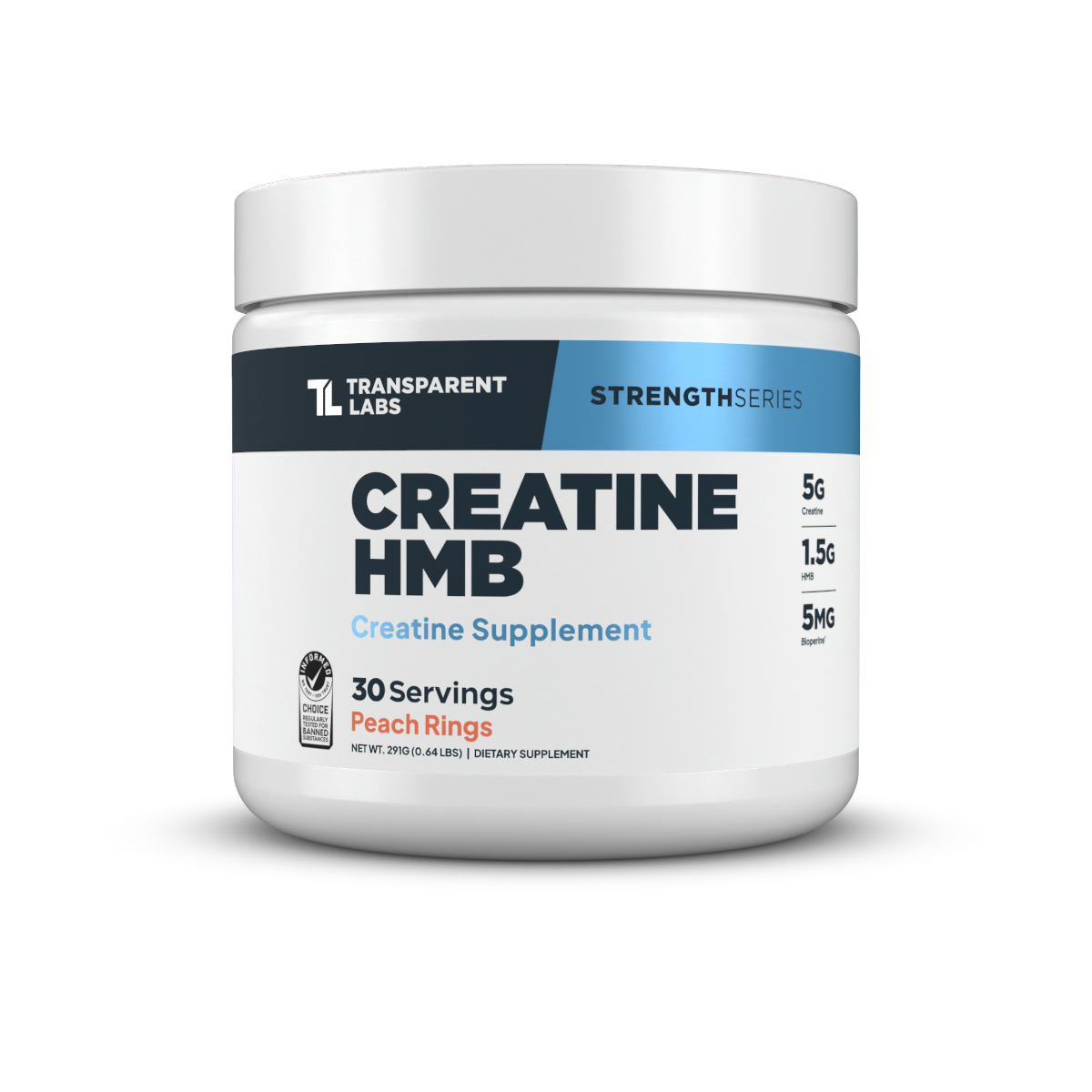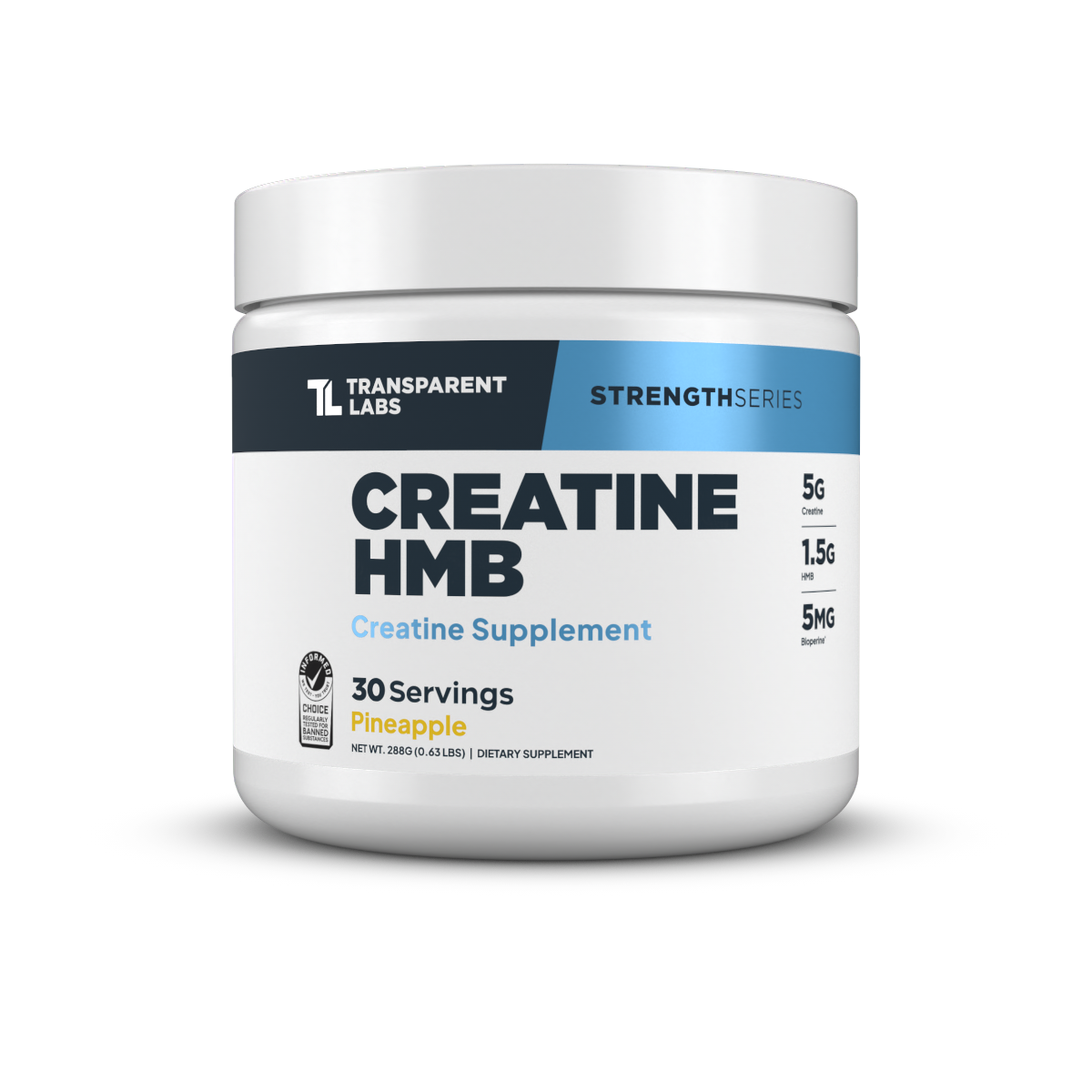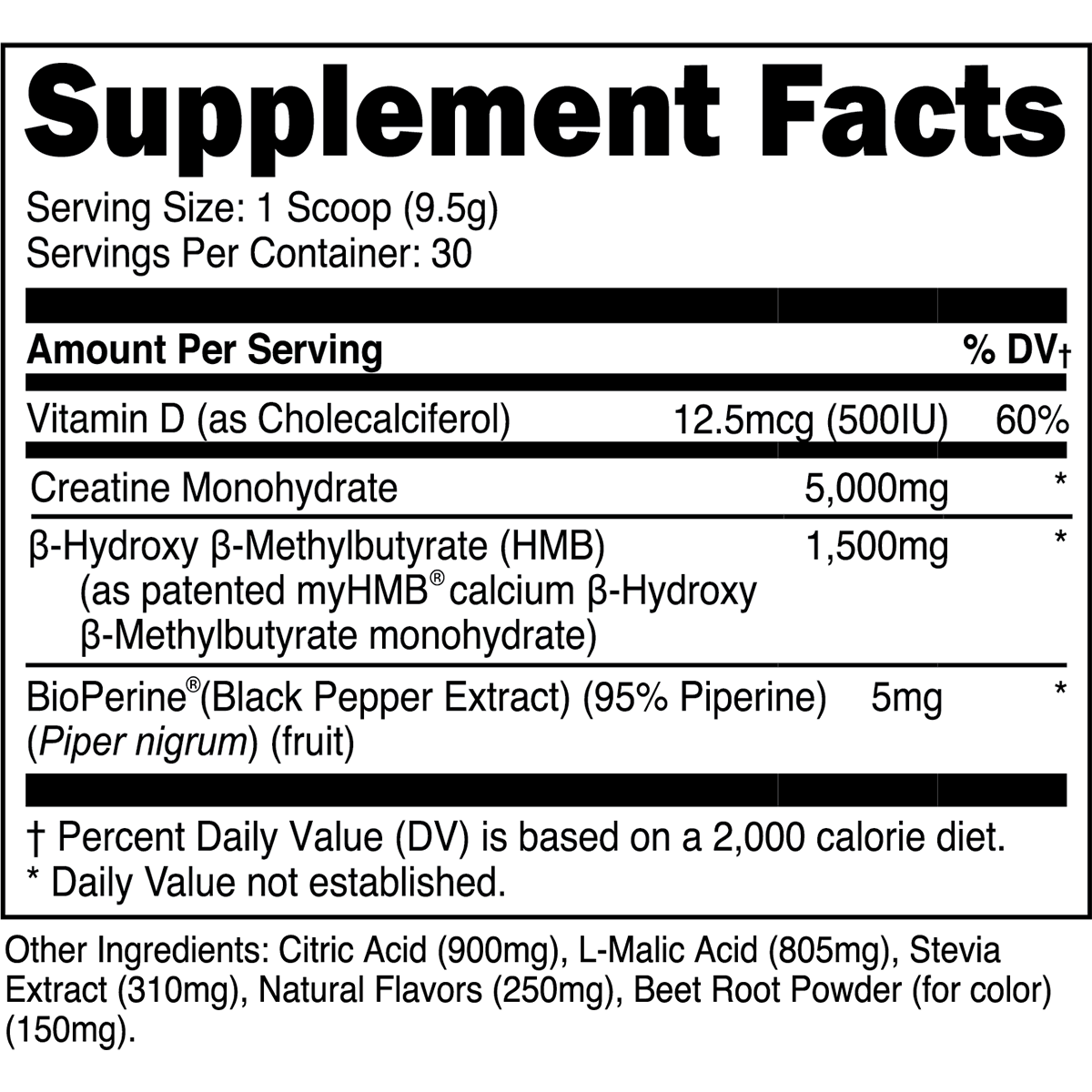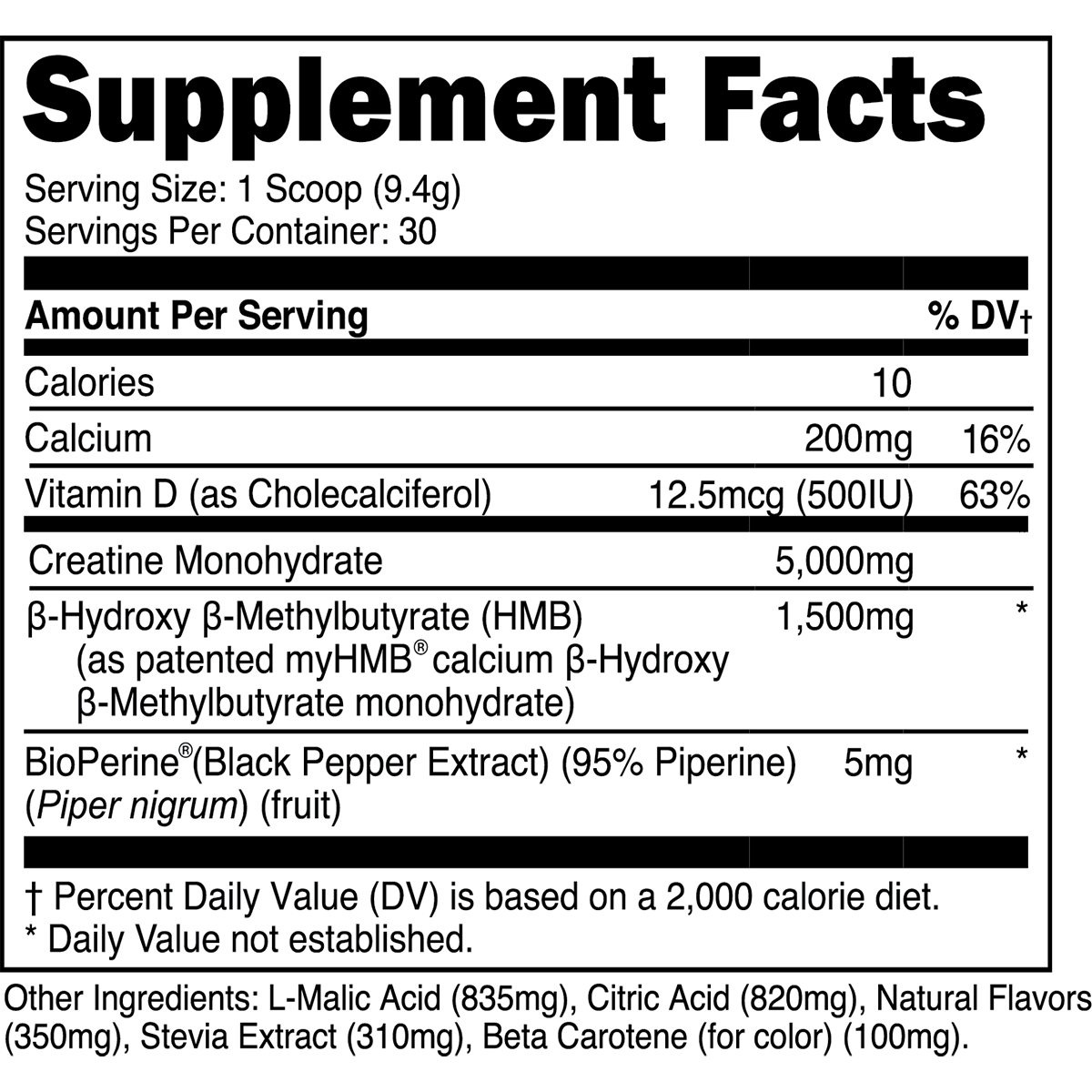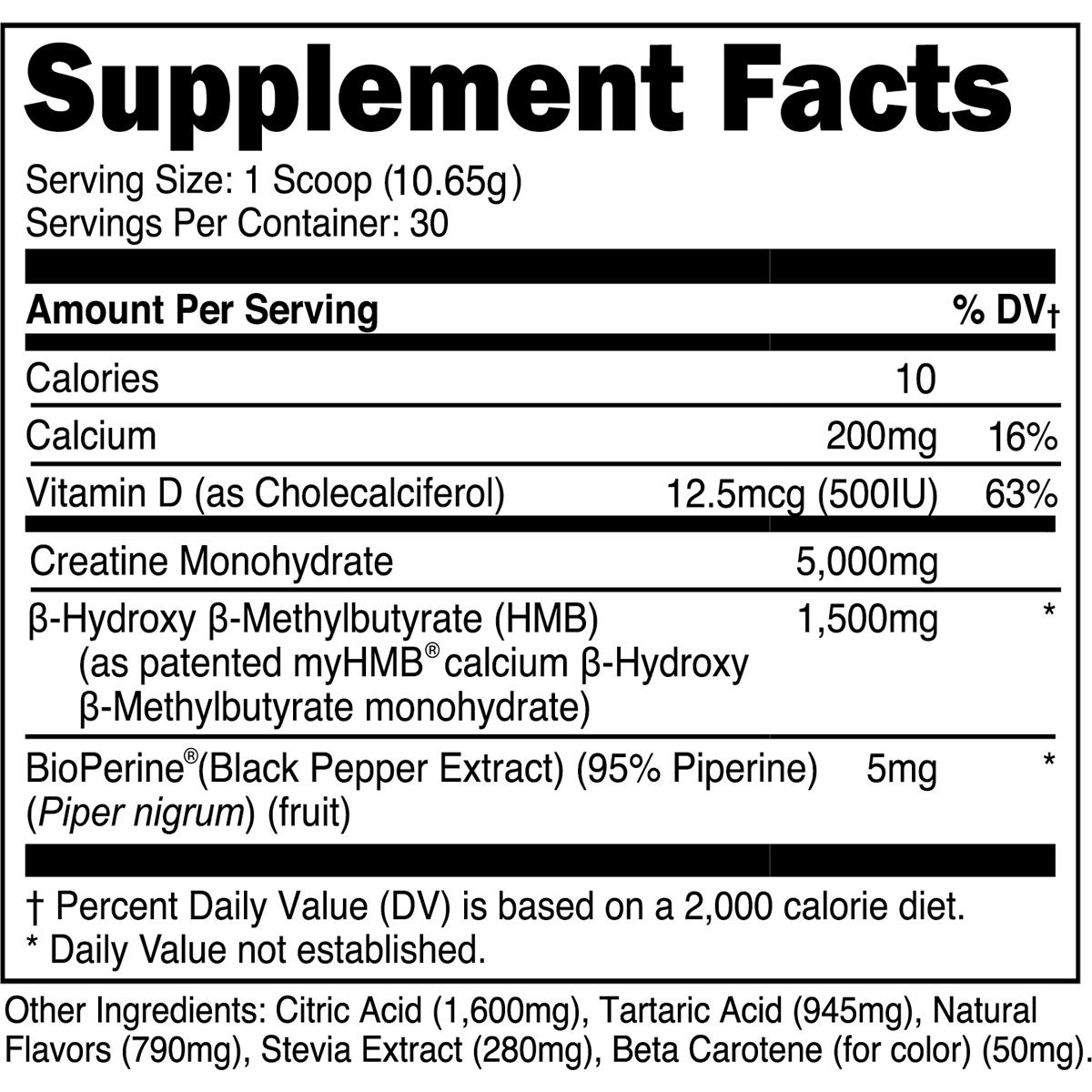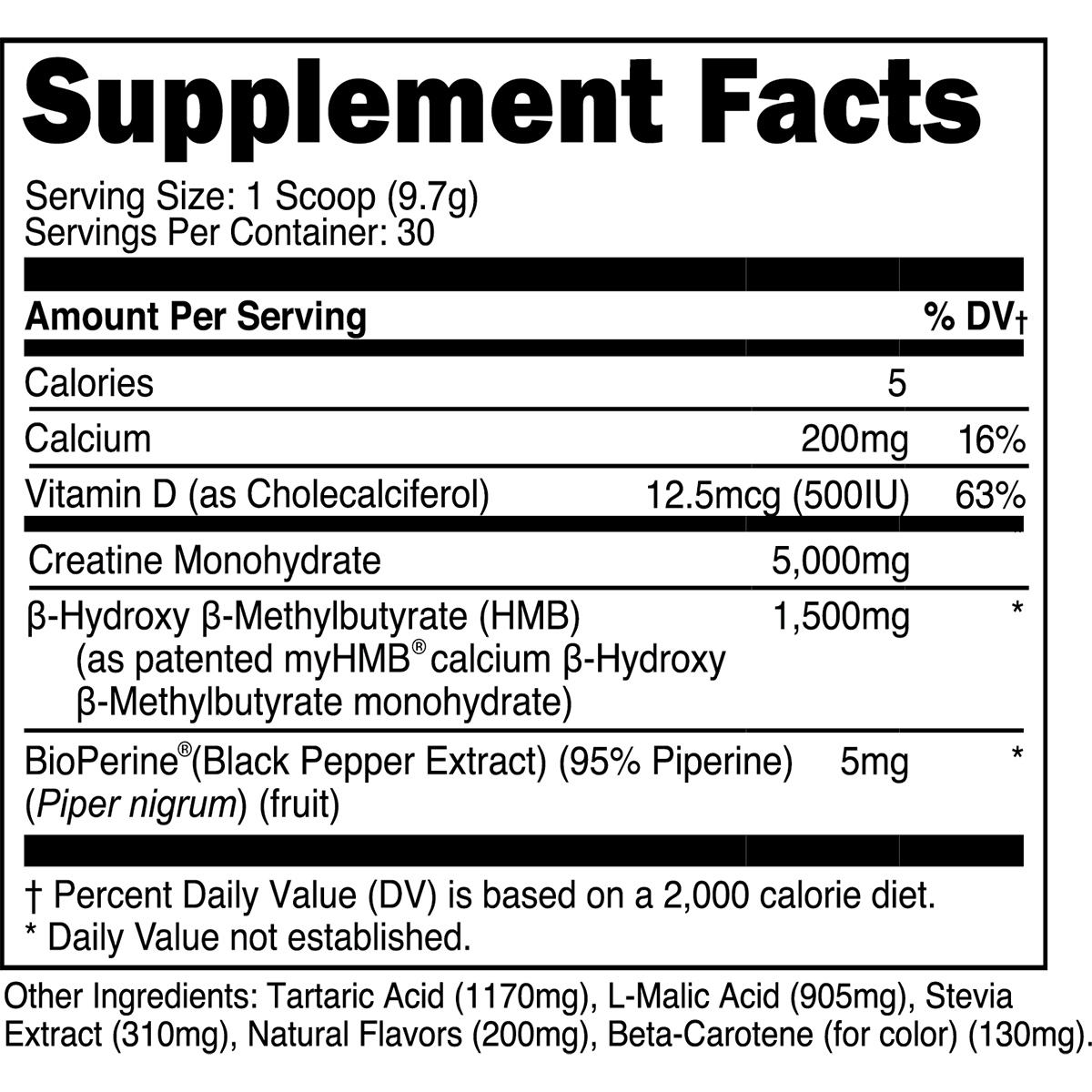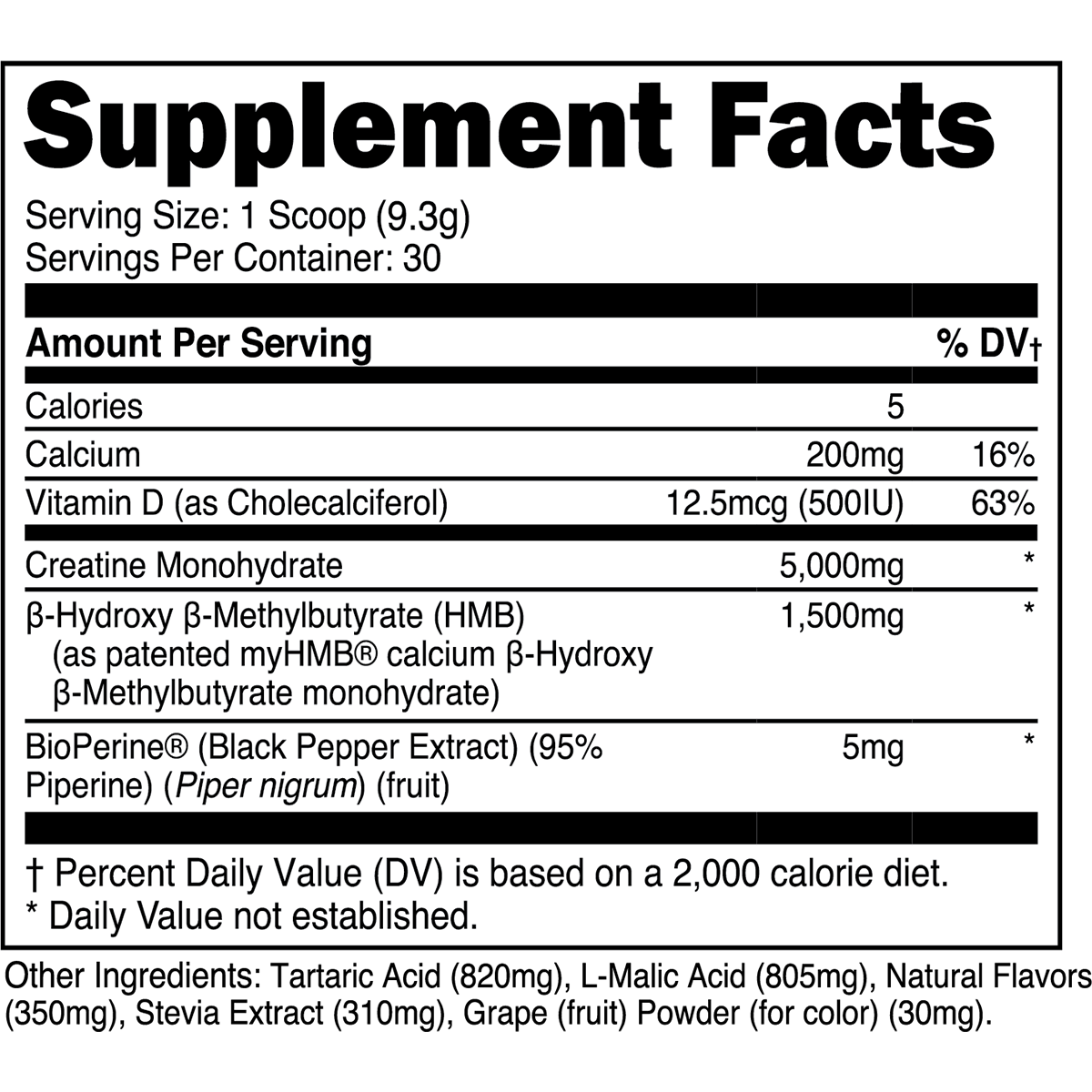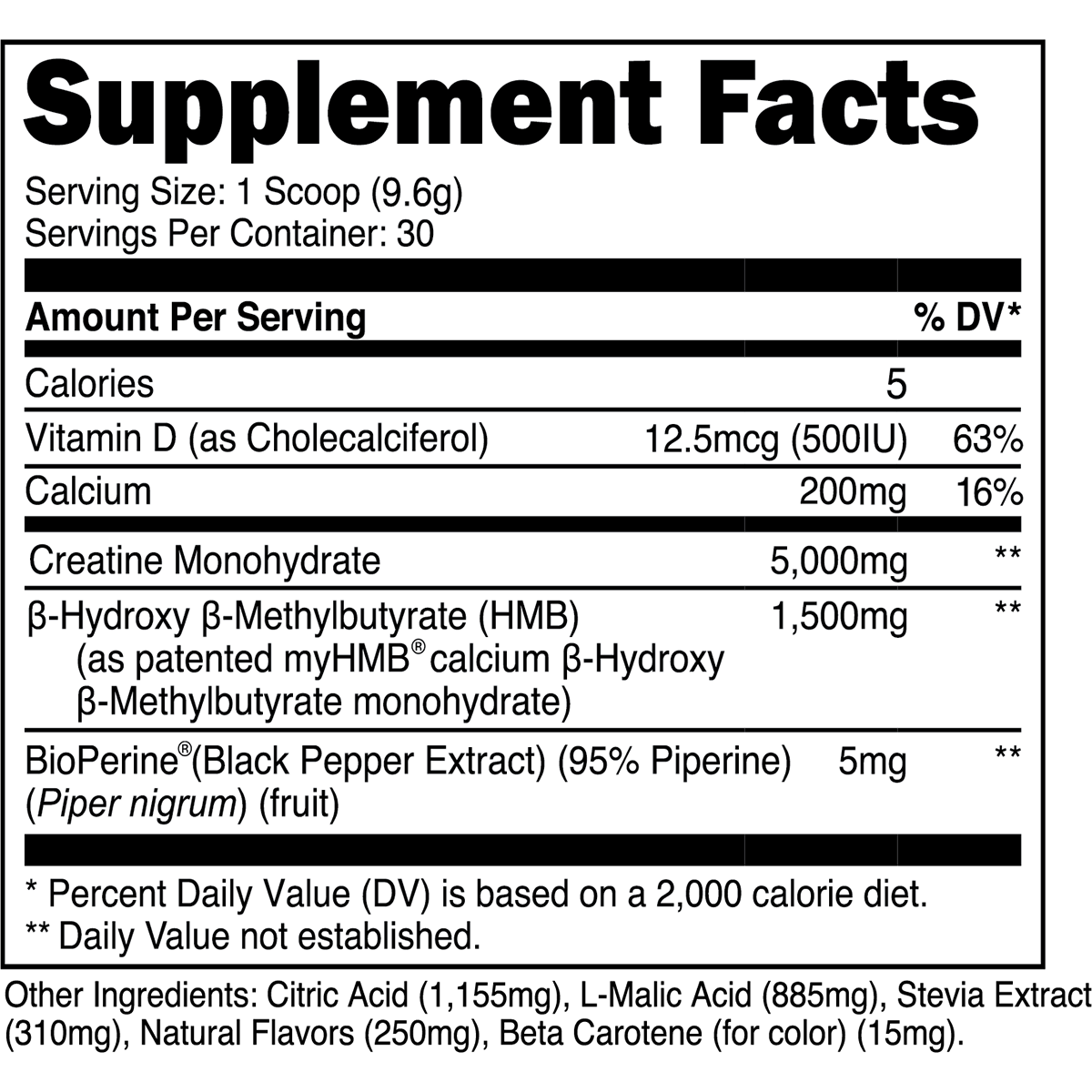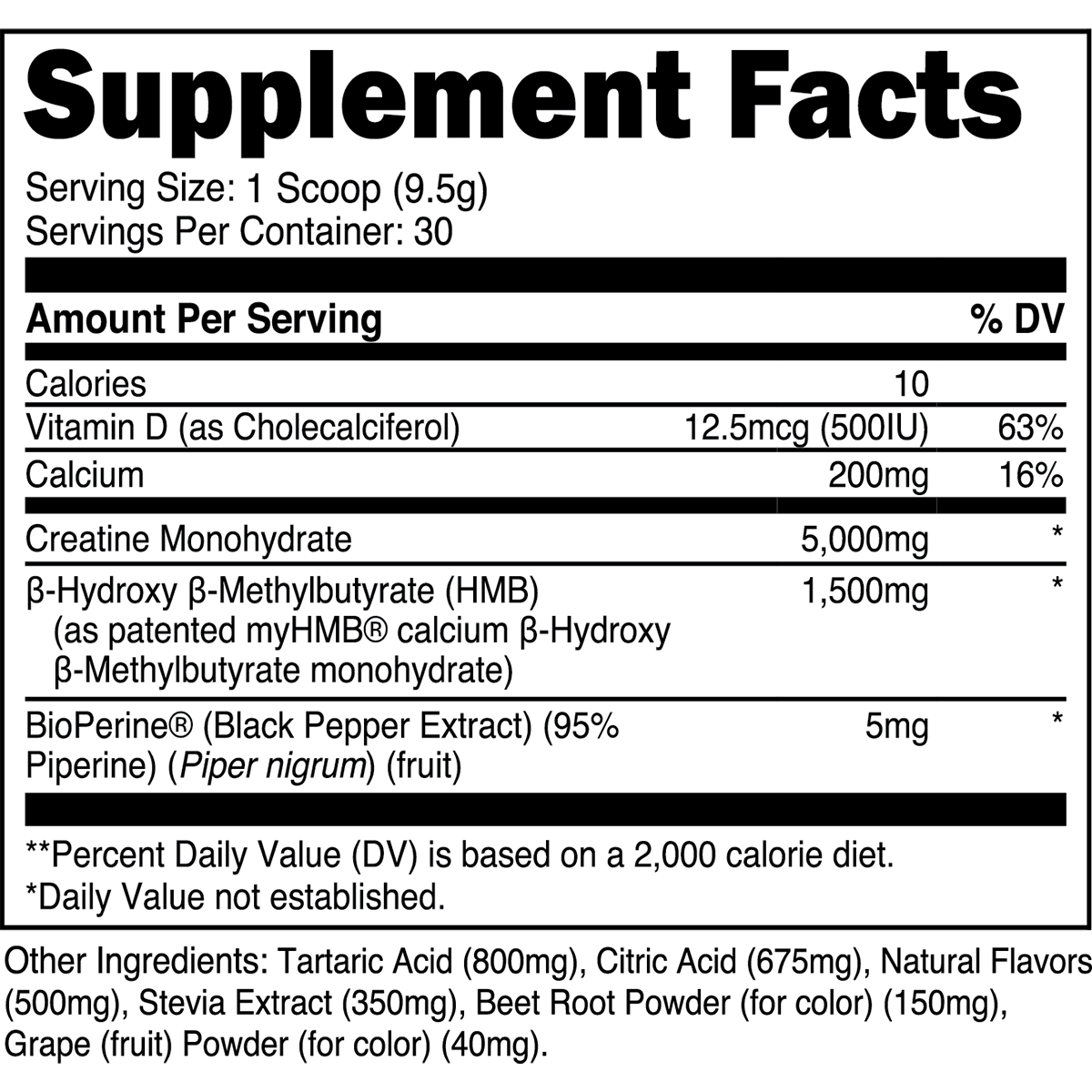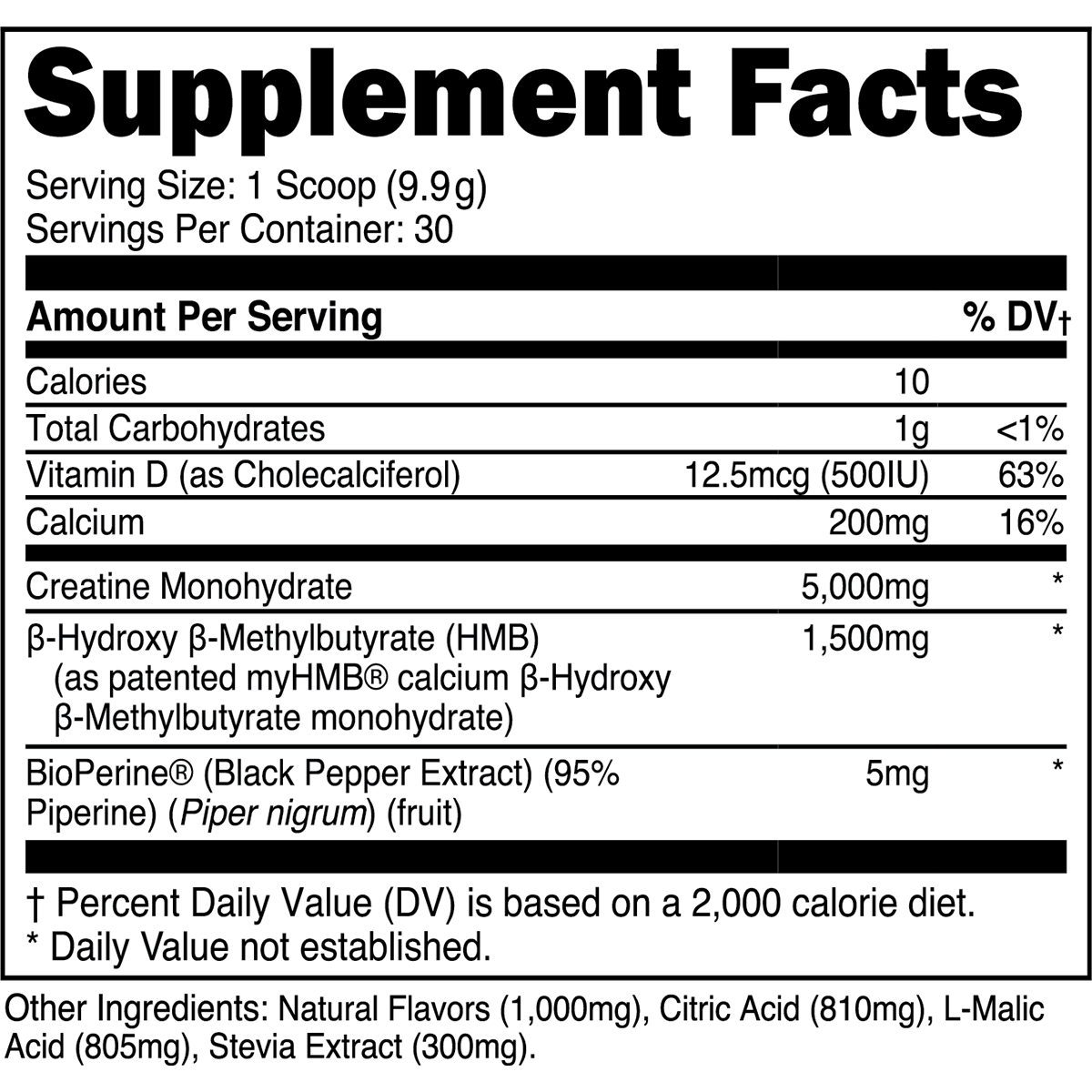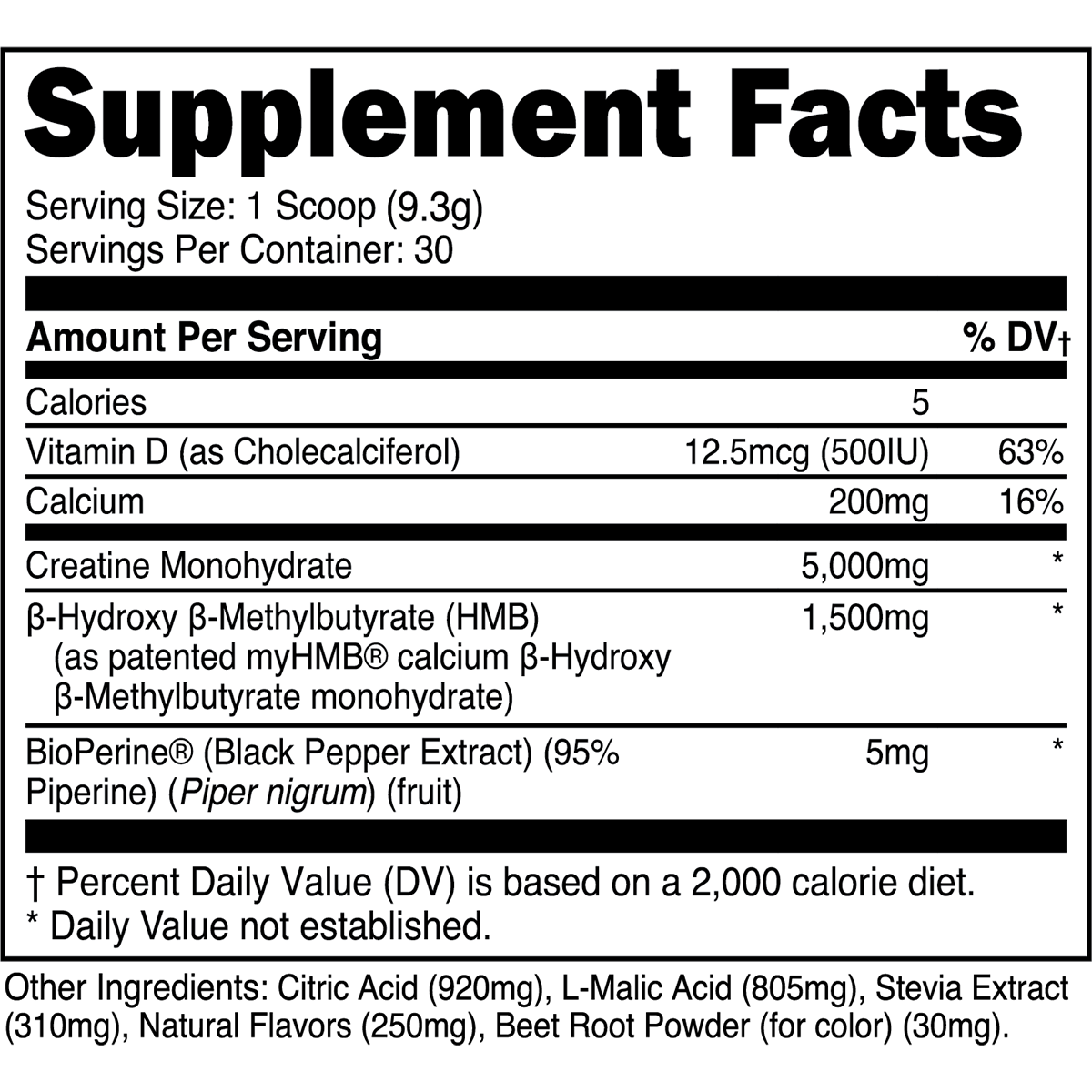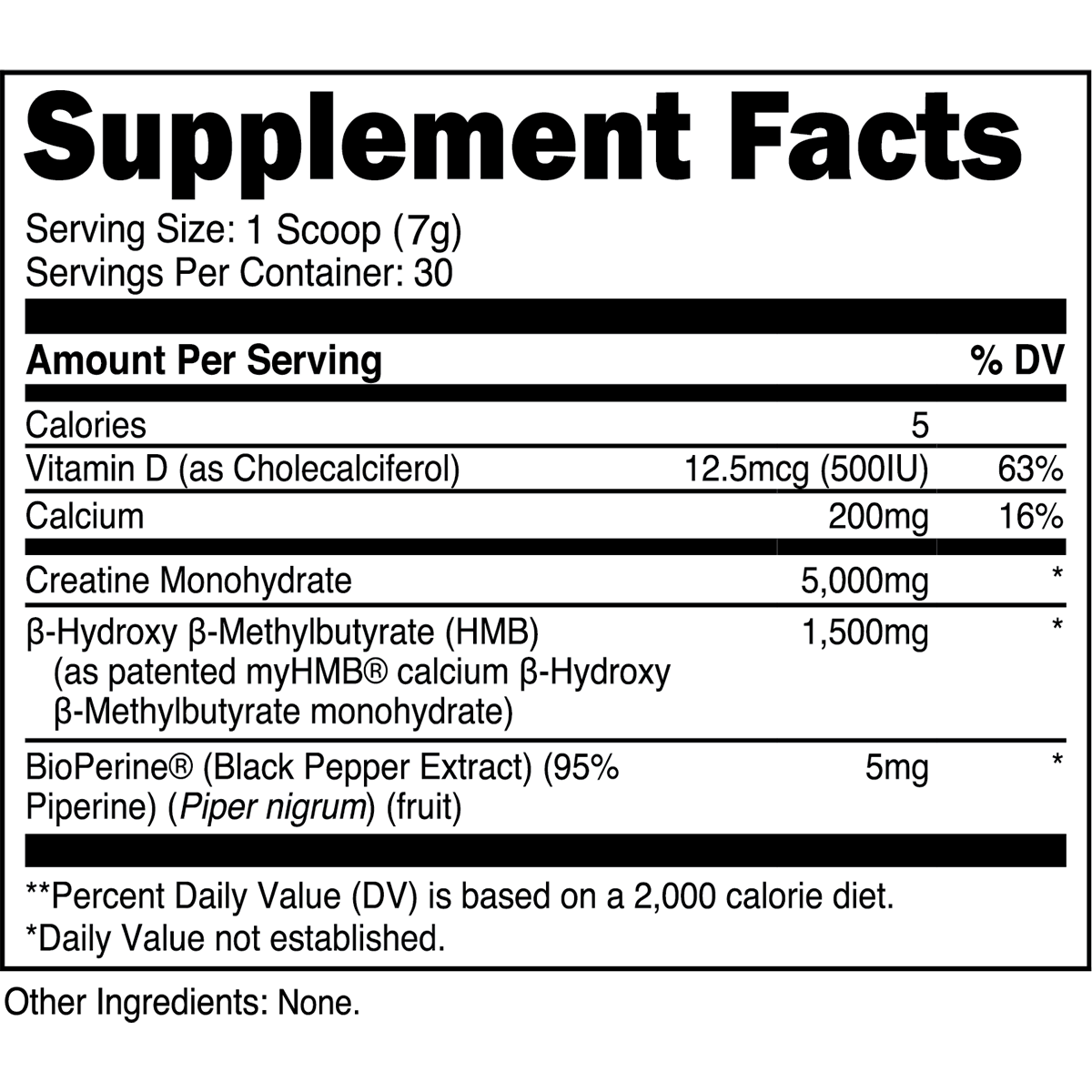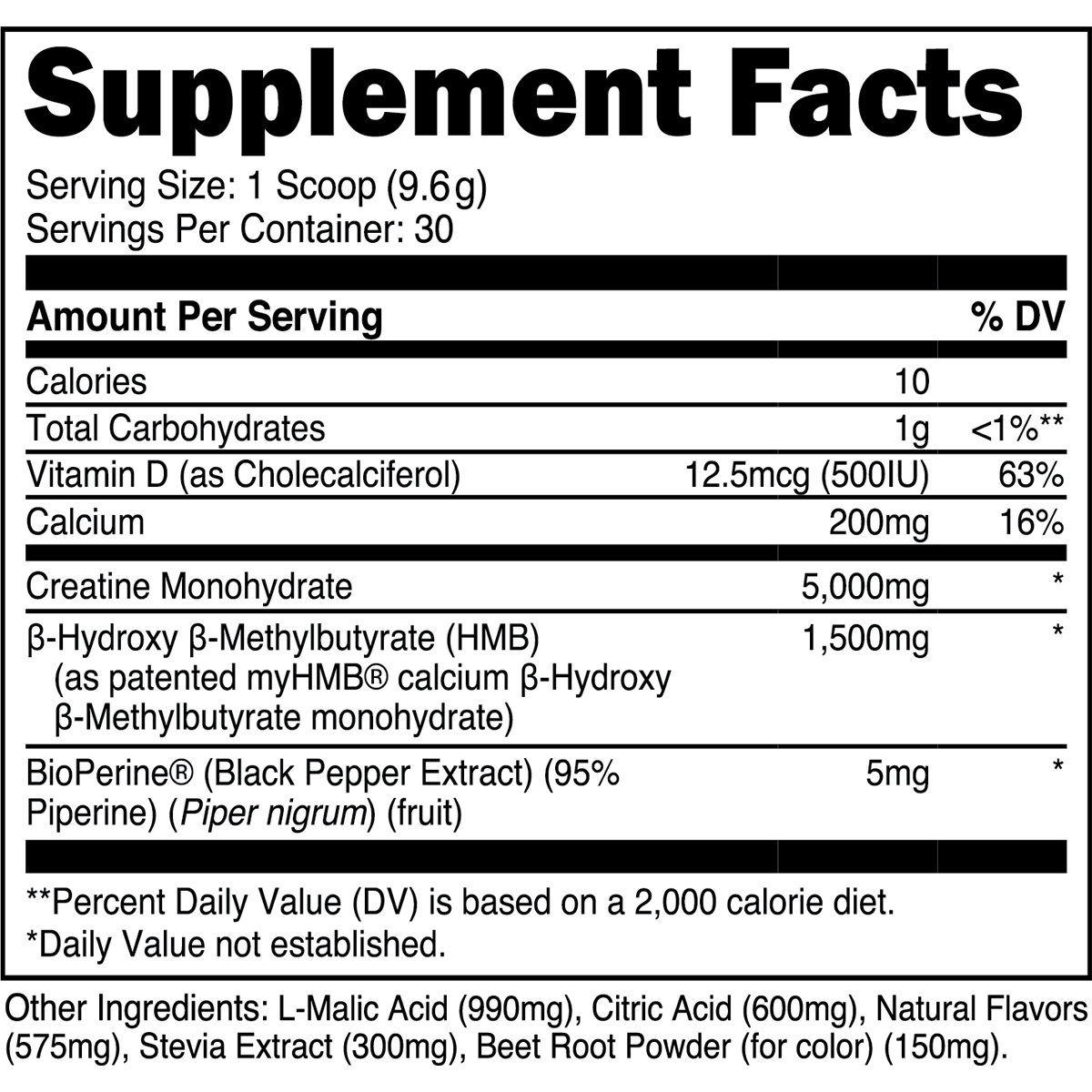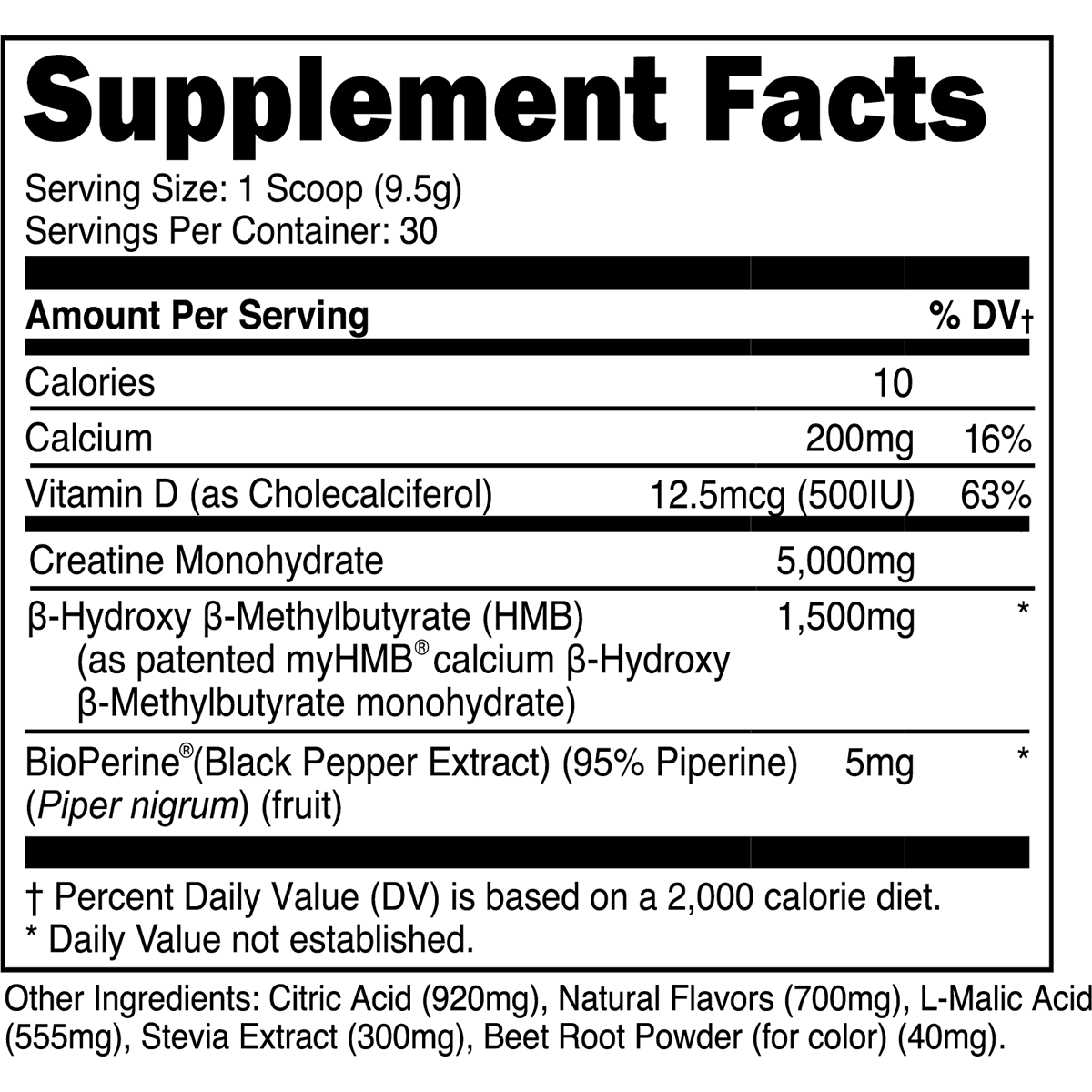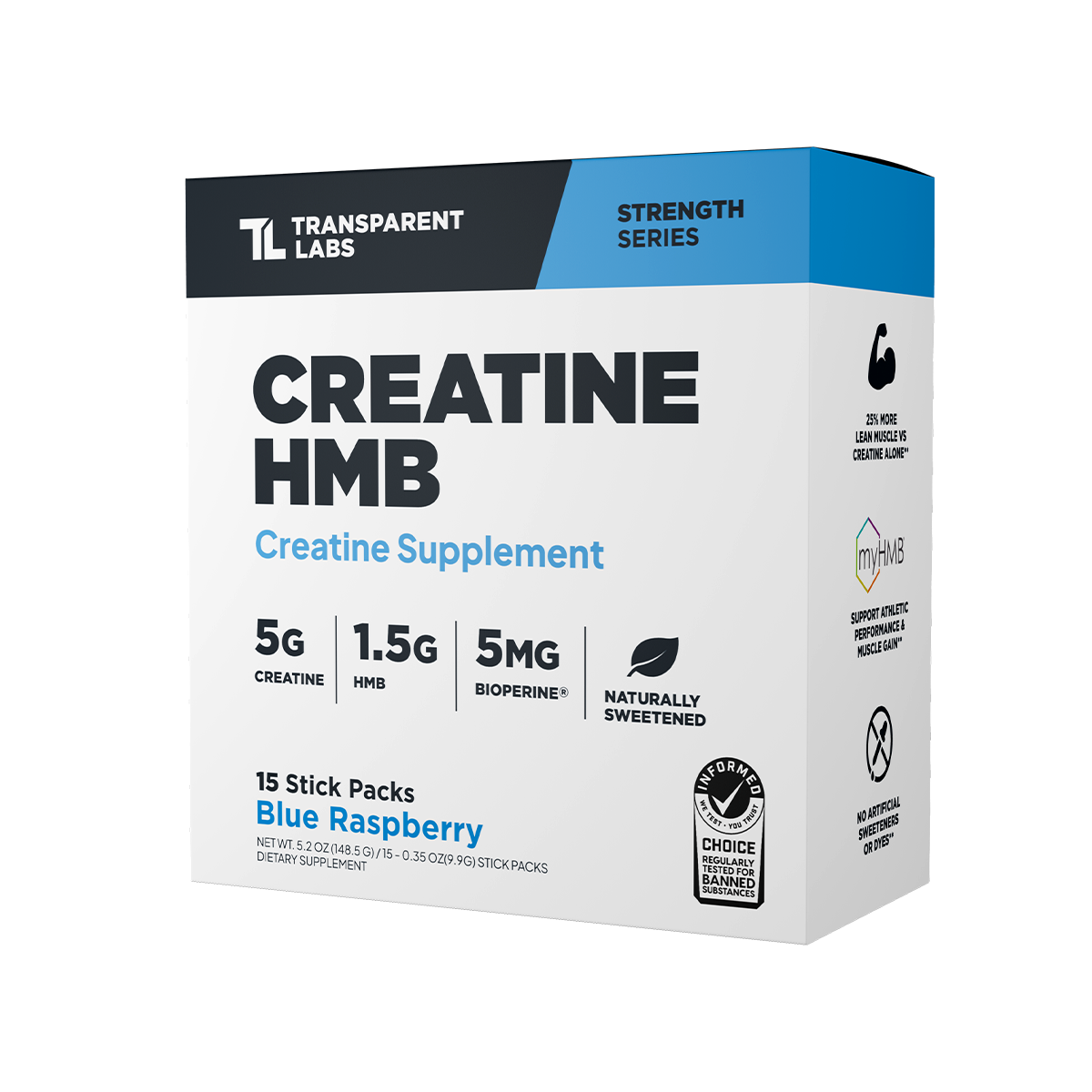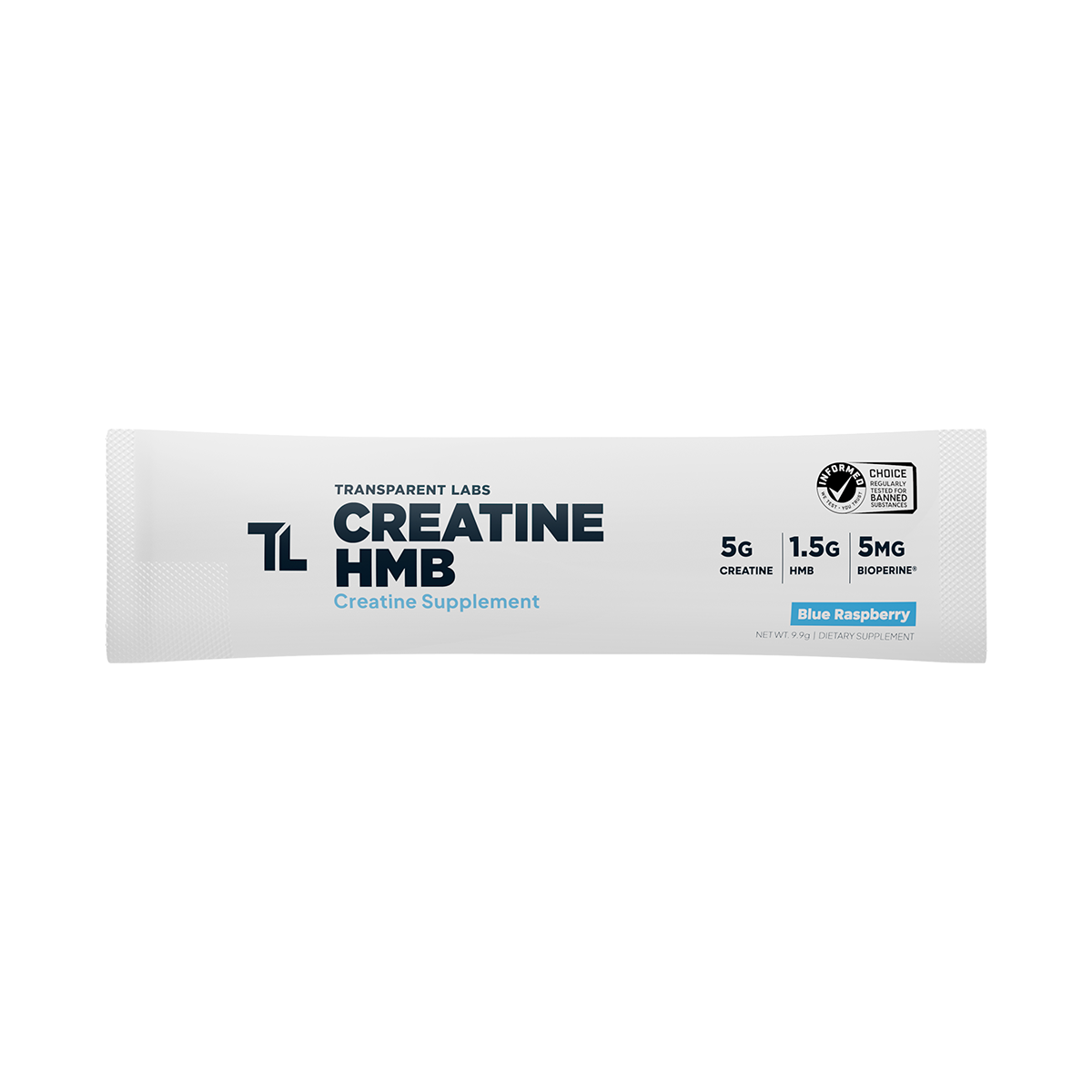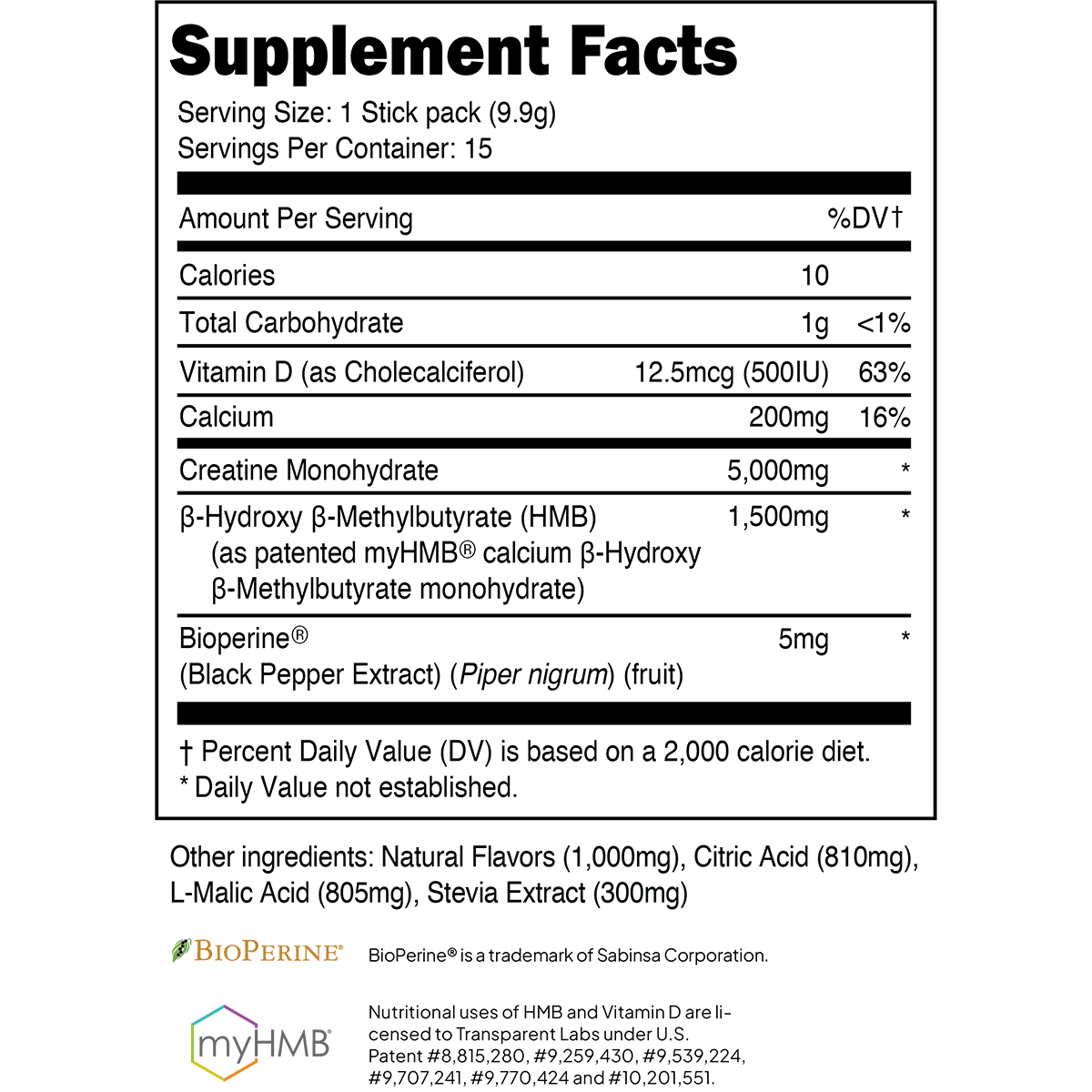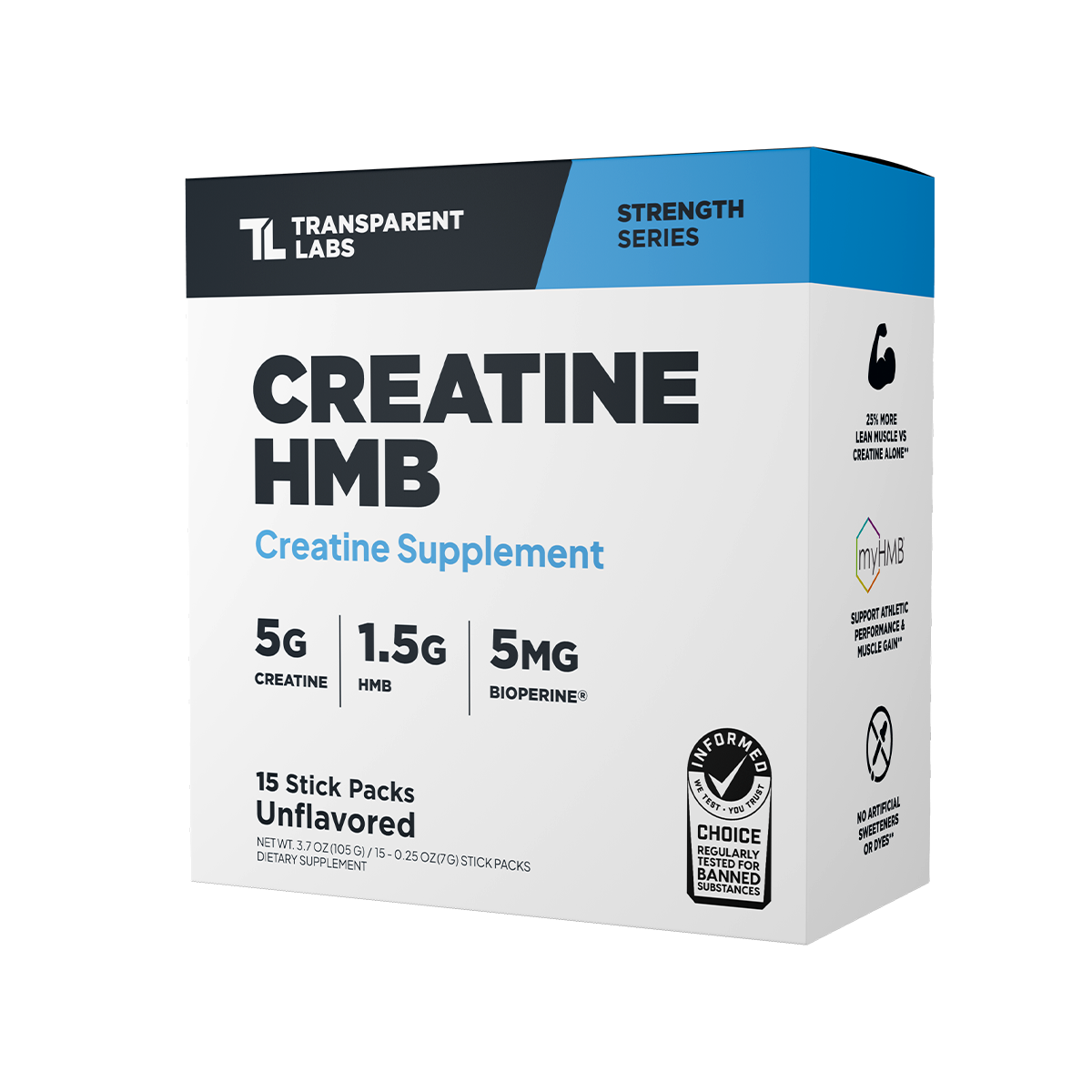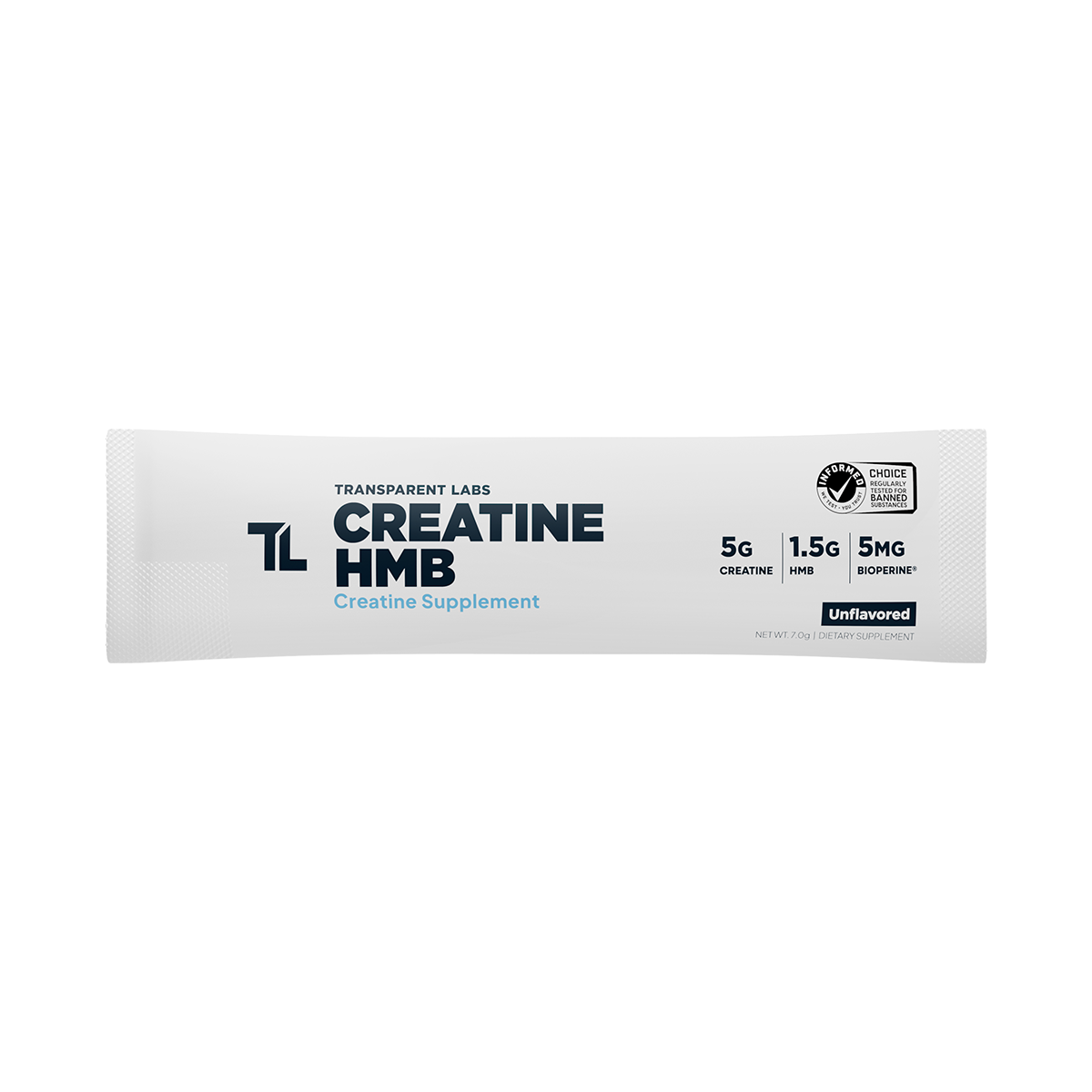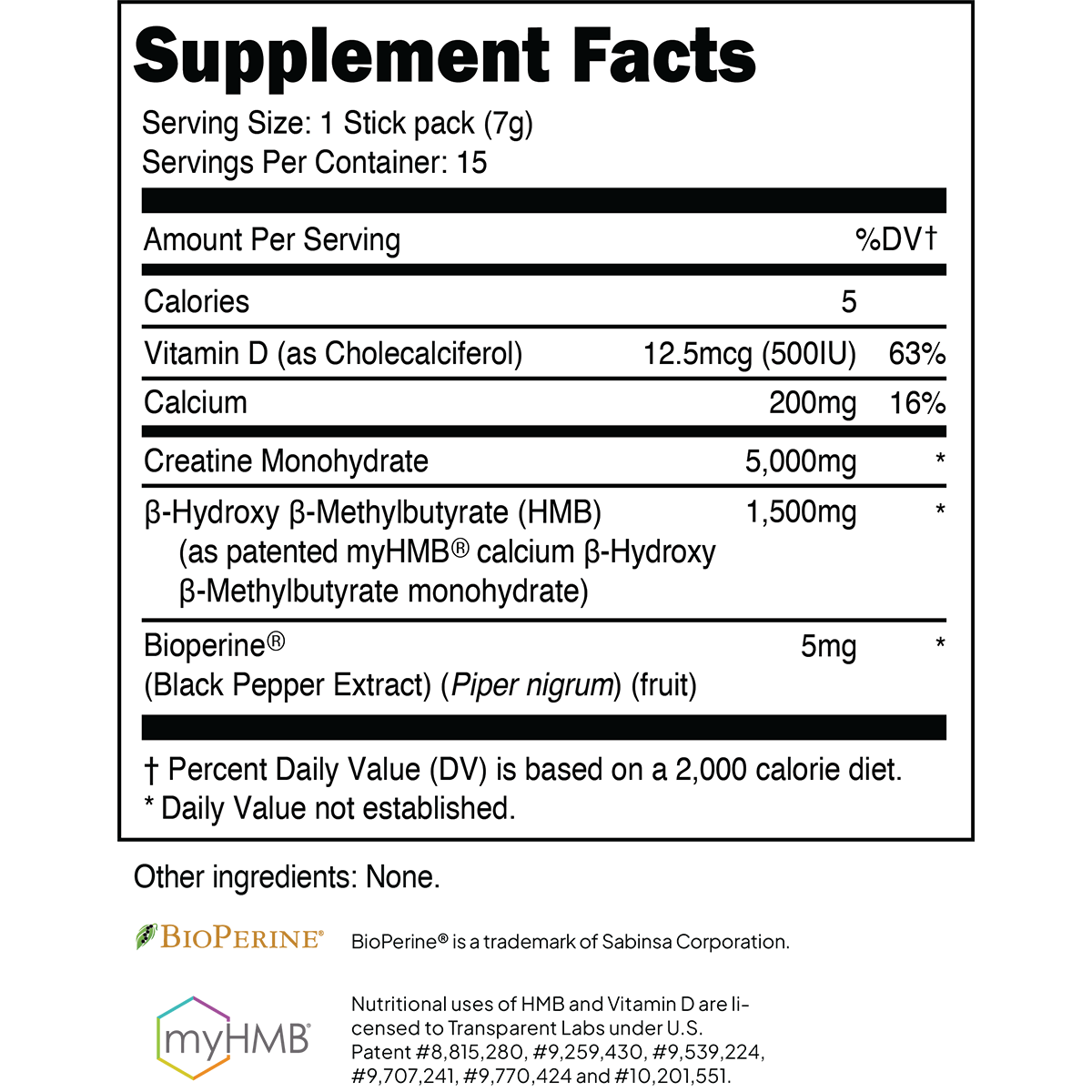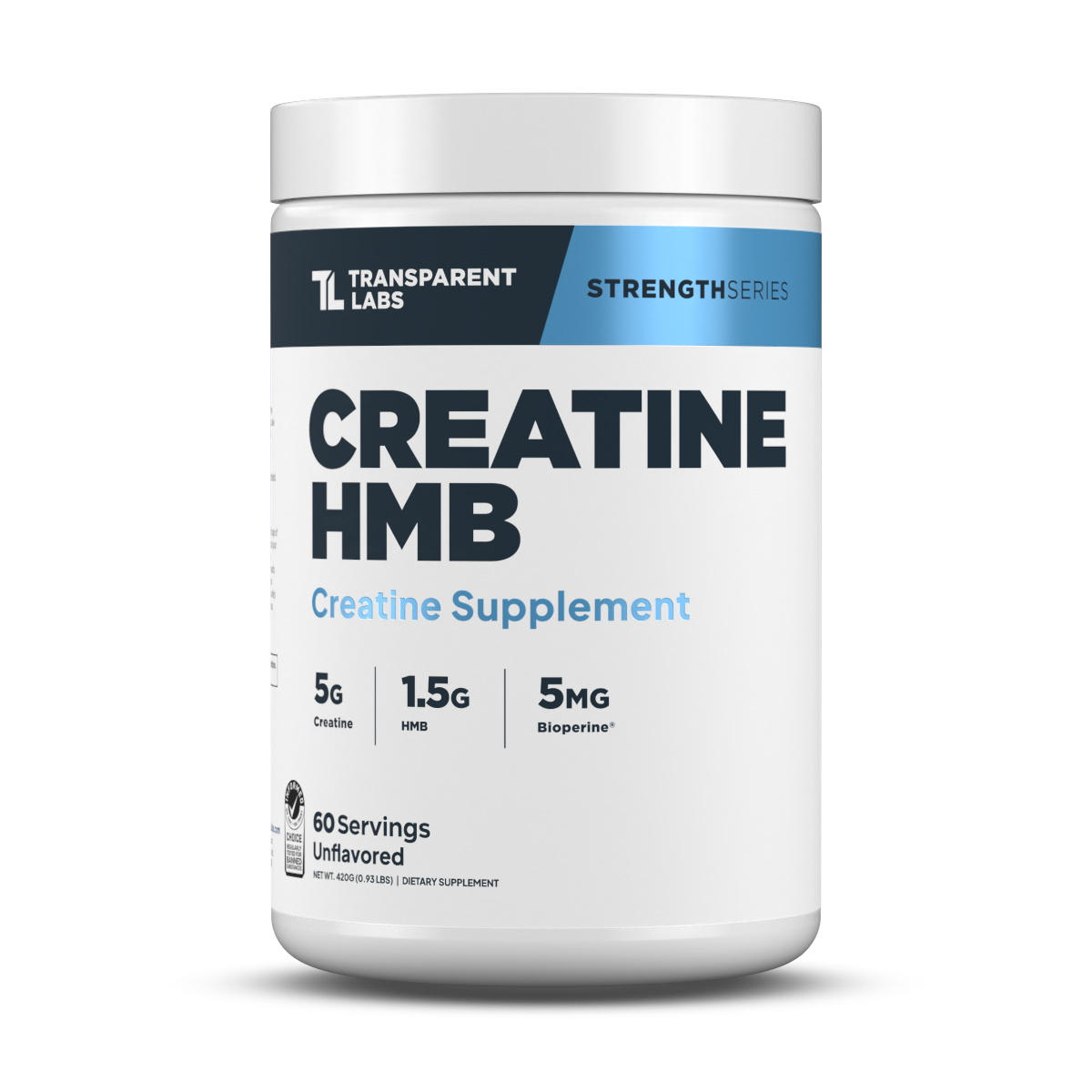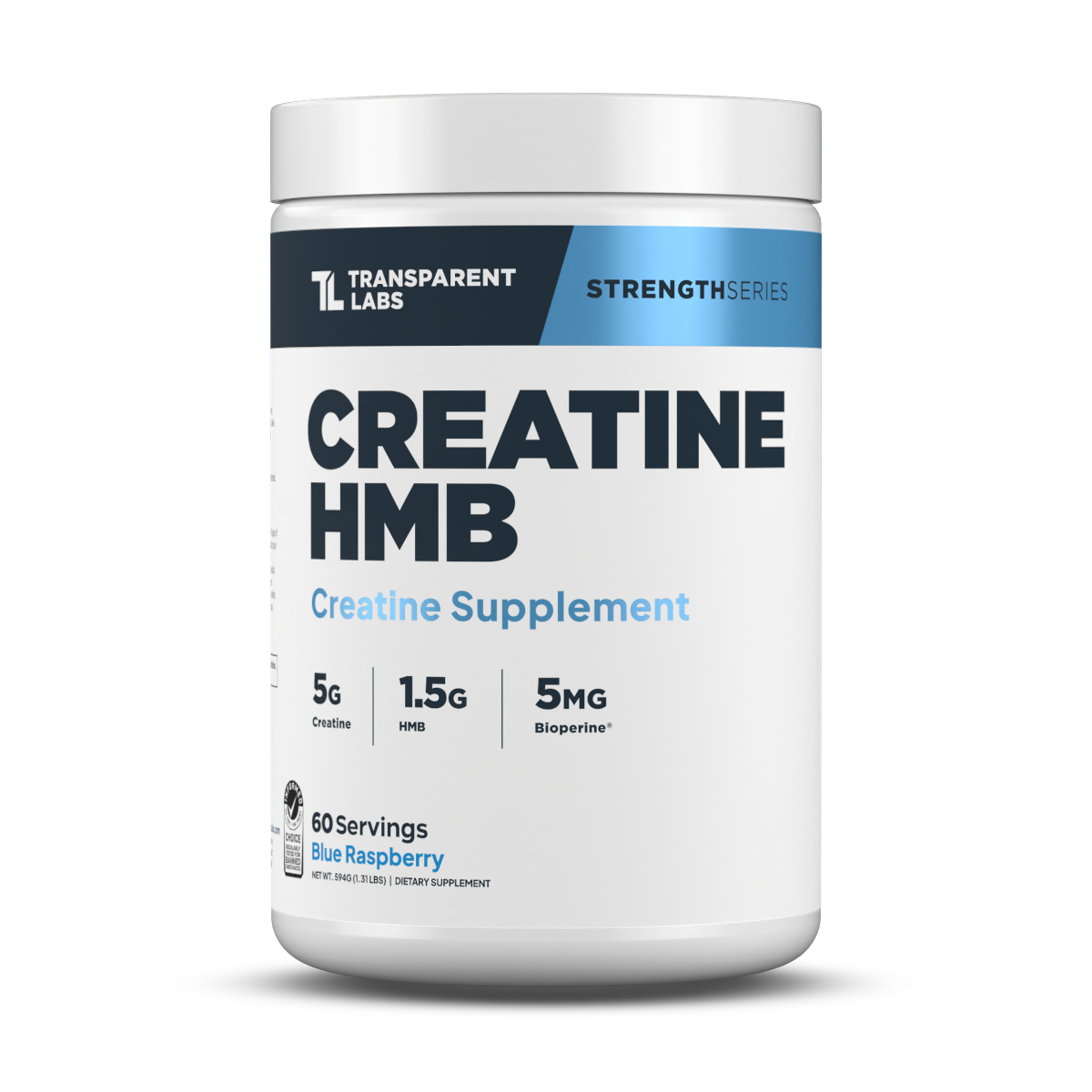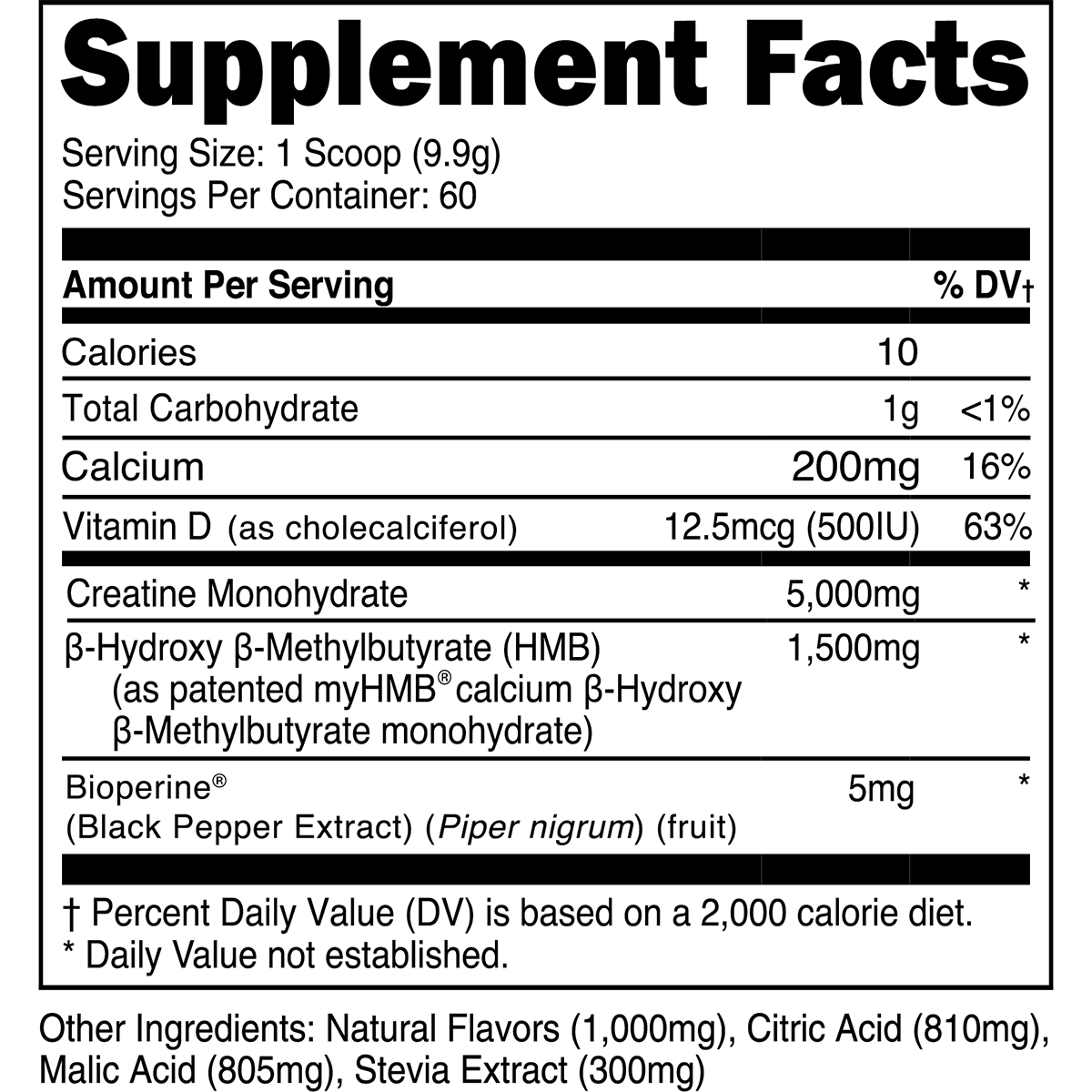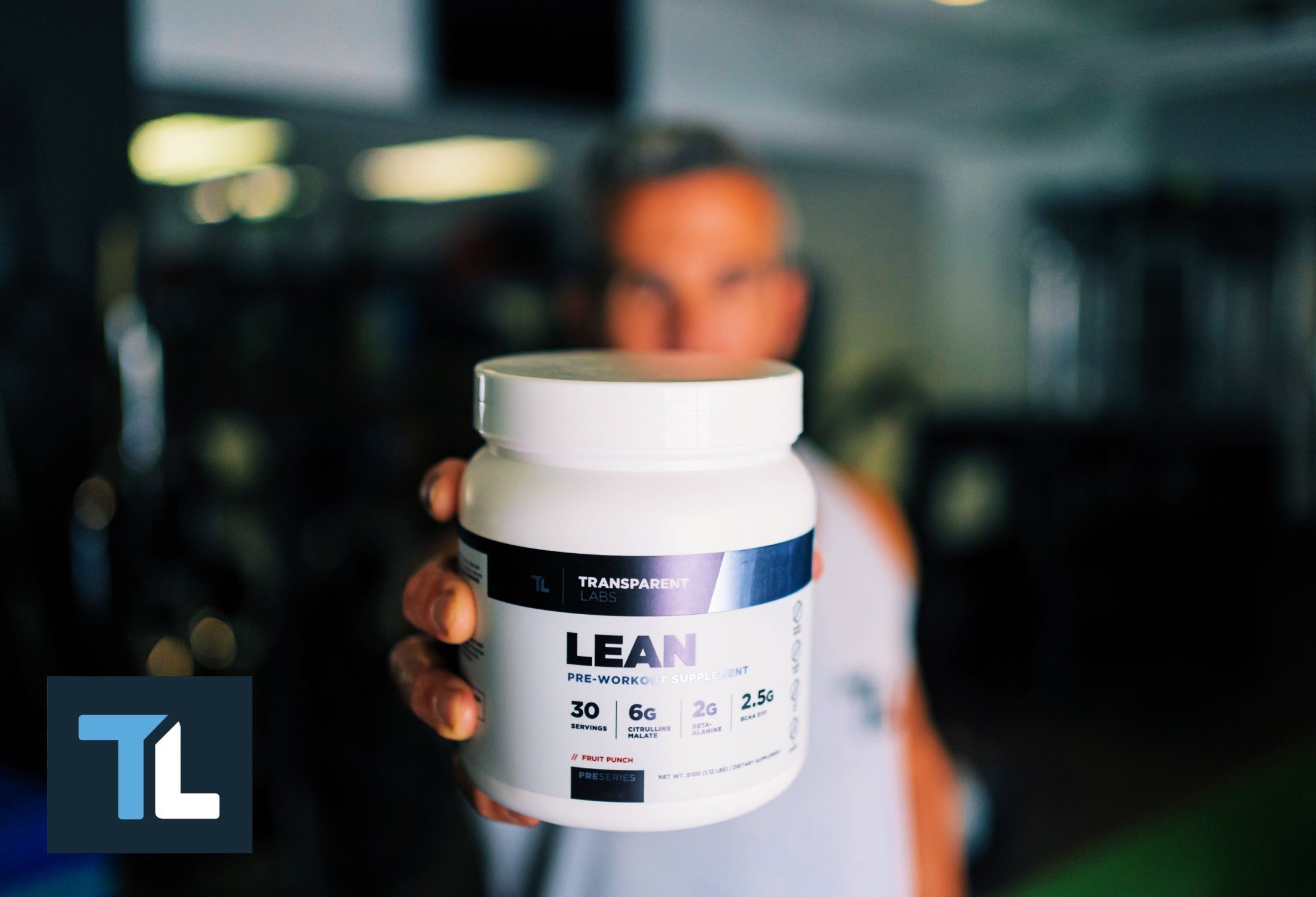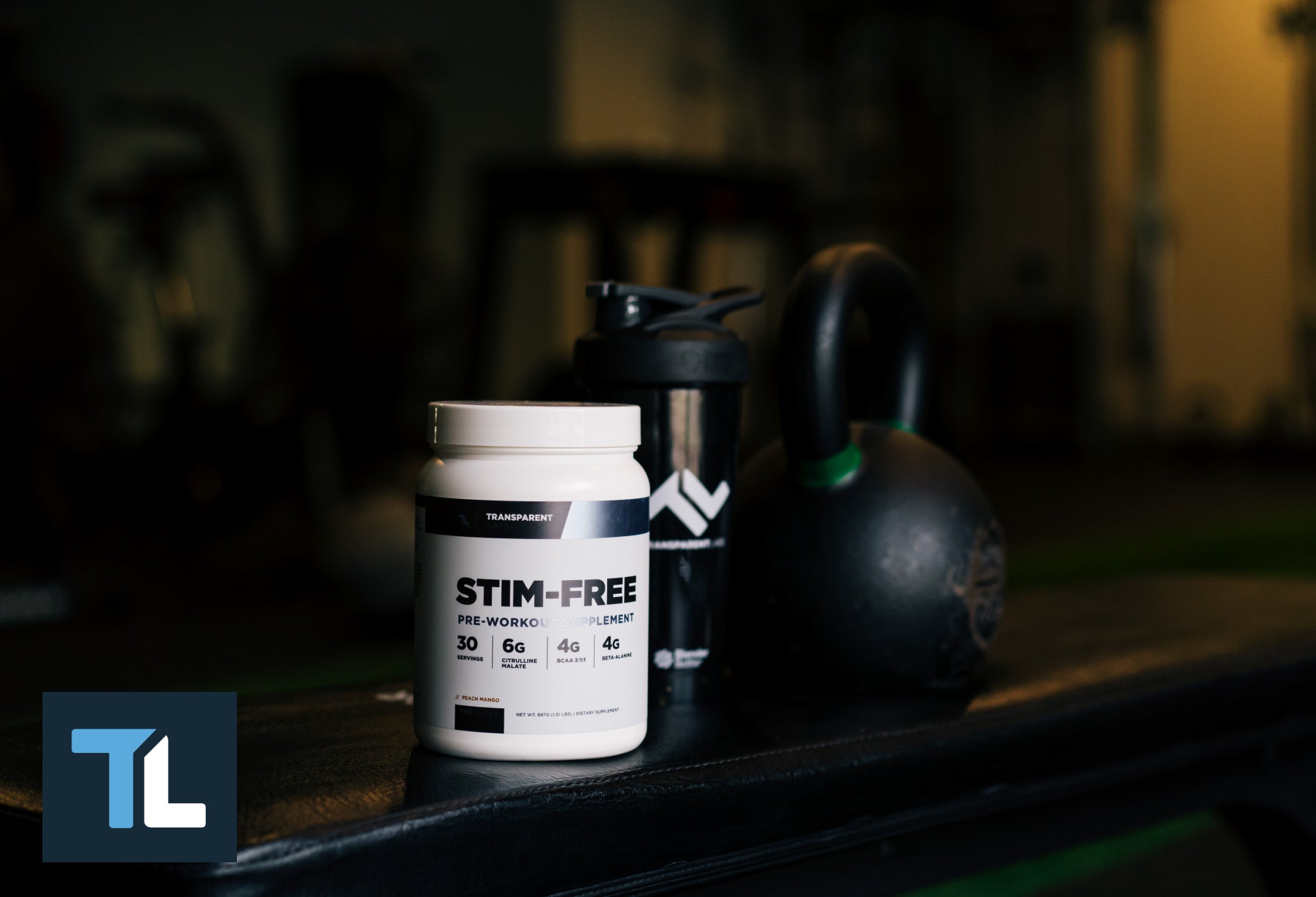Feeling tired before hitting the gym or tackling that afternoon slump? Many people reach for something to spark their energy and sharpen their focus. Two popular options are at the frontline: pre-workout supplements designed specifically for exercise performance, and energy drinks used for general alertness. Though they might appear interchangeable, these products serve fundamentally different purposes with distinct ingredient profiles.
Pre-workout formulas target specific physiological responses to enhance athletic performance, while energy drinks primarily deliver a quick burst of alertness through caffeine and other ingredients. Understanding what differences pre-workout vs energy drinks have can help you choose the right tool for your energy needs.
What Are Pre-Workout Supplements?
Pre-workout supplements exist specifically to improve athletic performance during training sessions or athletic endeavors. These specialized formulations contain ingredients designed to maximize exercise capacity, focus, and recovery. Most pre-workout powders combine several active compounds that work synergistically to prepare the body for intense physical activity.
Caffeine is a very common ingredient in pre-workout supplements. Typically, the caffeine content exceeds that of a standard cup of coffee (90mg), ranging from 150mg to 300mg per serving. This higher dose stimulates the central nervous system, increasing alertness and potentially reducing perceived exertion during workouts. Beyond caffeine, these supplements contain ingredients backed by sports science research. Many supplement companies also offer a stimulant-free versions, which are formulated with ingredients known to boost performance.
Key Ingredients Commonly Found in Pre-Workout
The effectiveness of pre-workout supplements comes from their specialized ingredient profile. Unlike energy drinks, which primarily rely on high amounts of caffeine for a quick pick me up and an energy boost, pre-workouts contain compounds specifically selected to enhance different aspects of physical performance like muscle recovery, delayed muscle fatigue, and may improve mental focus.
Beta-alanine is a popular pre-workout ingredient, helps improve endurance in the muscles by buffering acid buildup in muscles during high-intensity exercise. It's often noted by users with the tingly feeling it creates due to increased blood flow. This allows athletes to push through the burning sensation that typically limits performance. L-citrulline is often present in the ingredient list, as it’s known for promoting better blood flow to working muscles by increasing arginine levels in the bloodstream. This enhanced circulation delivers more oxygen and nutrients, which may help deliver a better muscle pump.
Another common ingredient is creatine, which increases phosphocreatine stores in muscles, providing additional energy for explosive movements like jumping and heavy lifting. Athletes can perform that extra rep or generate more force during strength training. Many formulations include nitric oxide boosters like arginine, citrulline, or even beet root powder, which dilates blood vessels to increase nutrient delivery to working muscles.
Branched-chain amino acids (BCAAs) appear in many pre-workout blends to support protein synthesis and reduce muscle protein breakdown during exercise. Some products also contain taurine, which may boost energy levels and reduce oxidative stress during intense training sessions. Electrolytes like sodium, potassium, and magnesium help maintain proper fluid balance and support muscle contractions and improve exercise performance during sweaty workouts.
Pre-workout supplements are a great choice for fitness enthusiasts seeking targeted performance enhancement. When properly formulated with research-backed ingredients like beta-alanine, L-citrulline, and creatine, a good pre-workout can significantly improve performance across multiple dimensions—with or without caffeine. These formulations work synergistically to improve muscle endurance, delay fatigue, and maximize training adaptations. For athletes and dedicated gym-goers looking to push beyond plateaus and maximize training outcomes, pre-workout ingredients offer physiological advantages that energy drinks may not provide.

What Are Energy Drinks?
Energy drinks have grown massively since Red Bull’s original days in the 1980s. These beverages promise quick energy boosts, whether as a morning or afternoon aid, a late-night study aid, or to power through a long workout session. Unlike pre-workout supplements, energy drinks target a broader audience seeking increased energy rather than specific athletic performance enhancement.
The caffeine content in most energy drinks varies widely, depending on the brand. Research indicates that caffeine is the most widely utilized psychoactive drug in the world, with about 80 percent of world using it on a daily basis whether through consuming energy drinks, coffee, green tea and other types of tea, or other forms of caffeine like ginseng. Energy drinks tend to be one of the most common forms, and is a quick way to enhance energy.
Standard energy drink formulations center around a few key ingredients:
Caffeine: The star player in energy drinks stimulates the central nervous system, increasing alertness and temporarily warding off fatigue. Most brands contain less caffeine than dedicated pre-workout formulation. However, some brands of popular energy drinks, like Alani, have upwards of 200mg of caffeine per can. Be mindful of excessive caffeine, as adverse effects can arise from too much caffeine consumption.
Sugars and Sweeteners: Many energy drinks contain significant sugar, sometimes 30+ grams per can, providing a quick glucose spike that translates to immediate energy. Sugar-free versions substitute artificial sweeteners to maintain flavor without extra calories.
B Vitamins: Nearly every energy drink contains B vitamins, particularly B6 and B12. While these contribute to energy metabolism at a cellular level, the doses in energy drinks primarily serve marketing purposes rather than providing meaningful nutritional benefits for most consumers.
Taurine: Taurine is one of the non-essential amino acids and appears in several energy drink formulations. Some studies suggest taurine may maintain energy levels, reduce inflammation, and reduce exercise-induced oxidative stress. It may also reduce muscular fatigue and improve performance as it slows down the decrease in ATP production.
Guarana: This plant, hailing from Brazil, contains caffeine and related compounds that deliver a slower-releasing stimulant effect. Manufacturers often include guarana to create a more sustained energy experience without the rapid crash associated with pure caffeine.
Although seemingly interchangeable, energy drinks and pre-workout formulas serve fundamentally different purposes. Energy drinks focus on delivering a quick energy boost for mental focus in daily scenarios. They generally lack the gym performance compounds that make pre-workout drinks effective: no creatine monohydrate for muscle growth and muscle recovery, no beta-alanine for endurance, no citrulline malate for blood flow.
The main difference between pre-workout vs energy drinks is that pre-workout drinks are engineered specifically for physical output and recovery in training environments, with ingredients dosed at levels that enhance muscle contraction, delay fatigue, and increase power.
An energy drink might wake you up, but it won't saturate your muscles with performance-enhancing compounds that measurably impact your training session. The health benefits profile differs significantly too—pre-workouts often contain ingredients that support cardiovascular health through nitric oxide production and improved blood flow versus regular energy supplements or energy drinks.
Recreational gym-goers or those who just want a pick-me-up might find energy drinks adequate for light sessions or mental focus, trading optimal workout enhancement for convenience and flavor. Energy drinks generally come in convenient cans, allowing for a quick grab and go, which may appeal to those who don’t want to deal with powder or a shaker bottle.
Performance Comparison: Pre-Workout vs. Energy Drinks
There are some major differences between pre-workout and energy drinks, including formulation, effectiveness for training purposes, and outcomes.
Caffeine Content
Pre-workout formulas typically deliver 150 to 300mg of caffeine per serving, a purposefully potent dose designed to maximize physical performance. Most energy drinks contain a more modest 80-200mg, sufficient for mental alertness but below the threshold needed for optimal gym performance benefits.
Training Outcomes
Pre-workout supplements earn their reputation through research-backed ingredients that directly impact training sessions and recovery outcomes. They contain specific compounds that may increase blood flow, reduce fatigue perception, increase muscle growth, enhance muscular endurance, and potentially support muscle recovery. Energy drinks offer moderate workout benefits at best, primarily through caffeine's effects rather than a carefully formulated ingredient list meant to act as an ergogenic aid.
Specialized Formulation
The most significant advantage of pre-workout supplements comes from the list of performance-enhancing ingredients. Examples include L-citrulline, essential amino acids, alpha-GPC, and creatine. These create the heightened focus, improved blood flow, and recovery elements that dedicated athletes and gym-goers seek. These ingredients are not often seen in commercial energy drinks, as the main focus of an energy drink is to increase energy, not aid in performance.
Sugar Profile
Pre-workout supplements typically contain minimal sugar, often employing natural sweeteners to avoid insulin spikes that could compromise training quality. Many formulas contain zero sugar. Energy drinks frequently contain 25 to 35g of sugar per can, which is potentially beneficial for quick energy but problematic for body composition goals and sustained performance. Be mindful of the type of sugar included (including sugar-free variants) and how your body reacts to them.
Application Focus
The most notable difference between pre-workout vs energy drinks is the intended use. Pre-workout formulas target exercise specifically, with ingredients timed to peak during training sessions. One study found that pre-workout consumption led to better anaerobic power performance. Energy drinks aim for general alertness throughout daily activities, without consideration for athletic performance or recovery benefits.
This performance gap explains why serious athletes invest in specialized pre-workout formulations instead of pure energy drinks before tough workouts. The mental focus and physical output advantages from properly dosed, exercise-specific ingredients simply can't be matched by beverages designed for the general consumer seeking an energy booster.
Health Outcomes
The cardiovascular health implications differ substantially, too. Quality pre-workouts often include ingredients supporting arterial function and blood flow. At the same time, energy drinks with high caffeine and sugar combinations raise concerns about long-term cardiovascular impacts when consumed regularly. In both cases, caffeine increases blood pressure, so it’s wise to start slow and increase your consumption over time. Overall, it’s worth checking with a healthcare professional if you have any concerns with adding pre-workout or energy drinks into your routine.
Which is Better for Exercise?
When your workout motivation needs a boost, the decision between grabbing a regular energy drink or mixing a specialized pre-workout formula deserves thoughtfulness. These products serve distinctly different purposes despite their surface similarities.
Pre-workout drinks deliver targeted physiological benefits specifically engineered for exercise performance. Their formulations prioritize compounds that enhance training adaptations. A good pre-workout contains ingredients that work synergistically – nitric oxide precursors expand blood vessels, beta-alanine buffers lactic acid buildup, and specific amino acids and creatine support protein synthesis during and after training. They aid to improve quality of output, meaning you may get a better workout, and see better results.
Energy drinks fall short when it comes to providing these exercise-specific advantages. While they might give you a burst of energy, they lack the comprehensive ingredient list meant to improve your workout and recovery. The absence of ingredients like citrulline malate means reduced blood flow to working muscles, potentially limiting oxygen delivery exactly when you need it most.
Most pre-workout supplements provide another crucial benefit in their precisely calibrated ingredient dosages. These formulations often undergo rigorous testing to determine optimal amounts of each compound, ensuring users receive clinically effective doses that make an impact.
For serious training outcomes, dedicated fitness supplements outperform general energy products. The specialized nature of pre-workout drinks reflects their focused purposes like supporting measurable performance improvements and allowing harder training sessions. This fundamental difference explains why gym-goers reach for pre-workout formulations over convenience store energy options.

Safety Considerations
There are a few safety precautions to take seriously when introducing pre-workout or energy drinks into your routine. Individual caffeine tolerance varies dramatically between users. Some may find caffeine triggers anxiety, insomnia, or rapid heart rate. Your natural sensitivity threshold determines appropriate serving sizes and timing. Start slow, and gradually increase over time as it feels right.
Sugar content is another thing to consider. Many energy drinks are high in sugar, leading to unwanted insulin spikes and drops. High sugar content is usually undesirable for those on a health journey as well. Artificial sweeteners come with their own nuances, so make sure you read the ingredient list and feel comfortable with each ingredient and its amount.
By mindful of stacking products. Your cup of coffee in the morning may seem innocent, but when stacked with other stimulants, may be the straw that breaks the camel's back. It can lead to undesirable side effects. Note any medications you are on that may interact negatively with caffeine intake.
When engaging with stimulants, you’ll want to ensure you pay attention to your hydration levels. Caffeine intake on top of dehydration ca lead to unwanted side effects like increased heart rate, headaches, post-use crashes, and anxiety.
When to Use Pre-Workout Vs. Energy Drinks
If you're looking for a fun beverage with caffeine, a quick burt of energy, or you're just looking to increase alertness during the day, an energy drink may be the answer. Meanwhile, a pre-workout would make a better choice if you're going into a workout, athletic endeavor, or seek the benefits that come with a stacked formulation for training outcomes.
Pre-workout and energy drinks serve different purposes, and each has unique benefits. Be mindful of what activities follow consumption, and choose based on which would make most sense for the acitivity that ensues
Final Verdict
The choice between pre-workout supplements and energy drinks ultimately depends on your personal needs. Pre-workout formulations deliver specialized ingredients at clinical dosages to maximize training performance, making them superior for serious fitness enthusiasts. Energy drinks serve effectively as general alertness boosters but lack the comprehensive performance-enhancing compounds that define quality pre-workouts.
For dedicated gym-goers, invest in transparent formulas with research-backed ingredients. A well-formulated energy drink is sufficient for casual energy needs throughout your day. Match your choice to your goals rather than convenience, and prioritize products with clean, clearly disclosed formulations, regardless of your chosen drink.
FAQs
Can I drink pre-workout instead of an energy drink?
Absolutely! While energy drinks provide quick energy, pre-workout is formulated with ingredients meant to enhance aspects of training sessions and athletic endeavors. It isn't imperative to have a workout after pre-workout consumption, it can be used for energy needs as well, just don't grab a sitm-free option if you want the caffeine.
Is it okay to mix a pre-workout drink and an energy drink?
It is not recommended to stack pre-workout and energy drinks as it can lead to excessive caffeine intake, which may leave you with undesired side effects like rapid heart beat and anxiety. Your total stimulant load matters more than the source, so pick one option rather than stacking stimulant products.
What's the healthiest pre-workout or energy drink option?
Look for products with transparent labels listing exact ingredient amounts, minimal artificial sweeteners, and no proprietary blends. The healthiest options contain clinically effective doses of proven ingredients without excessive stimulants. Brands using third-party testing for quality assurance generally offer superior safety profiles.
Is dry scooping safe?
While gaining popularity on social media, dry scooping is not recommended. Dry scooping, which is consuming undiluted pre-workout powder, poses significant risks including choking, improper ingredient absorption, and delivering an intense stimulant shock to your system. It's always best to mix pre-workout into a liquid before consumption.
